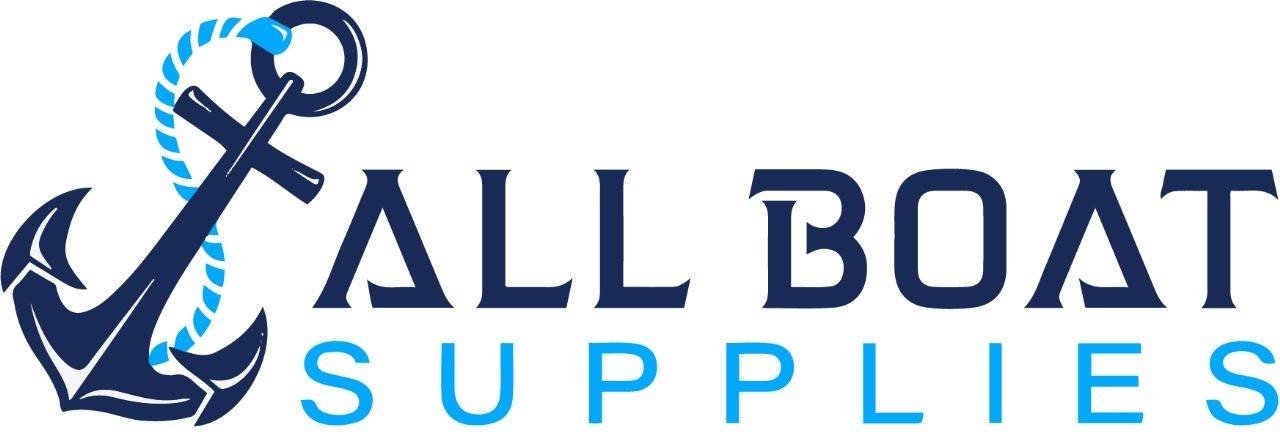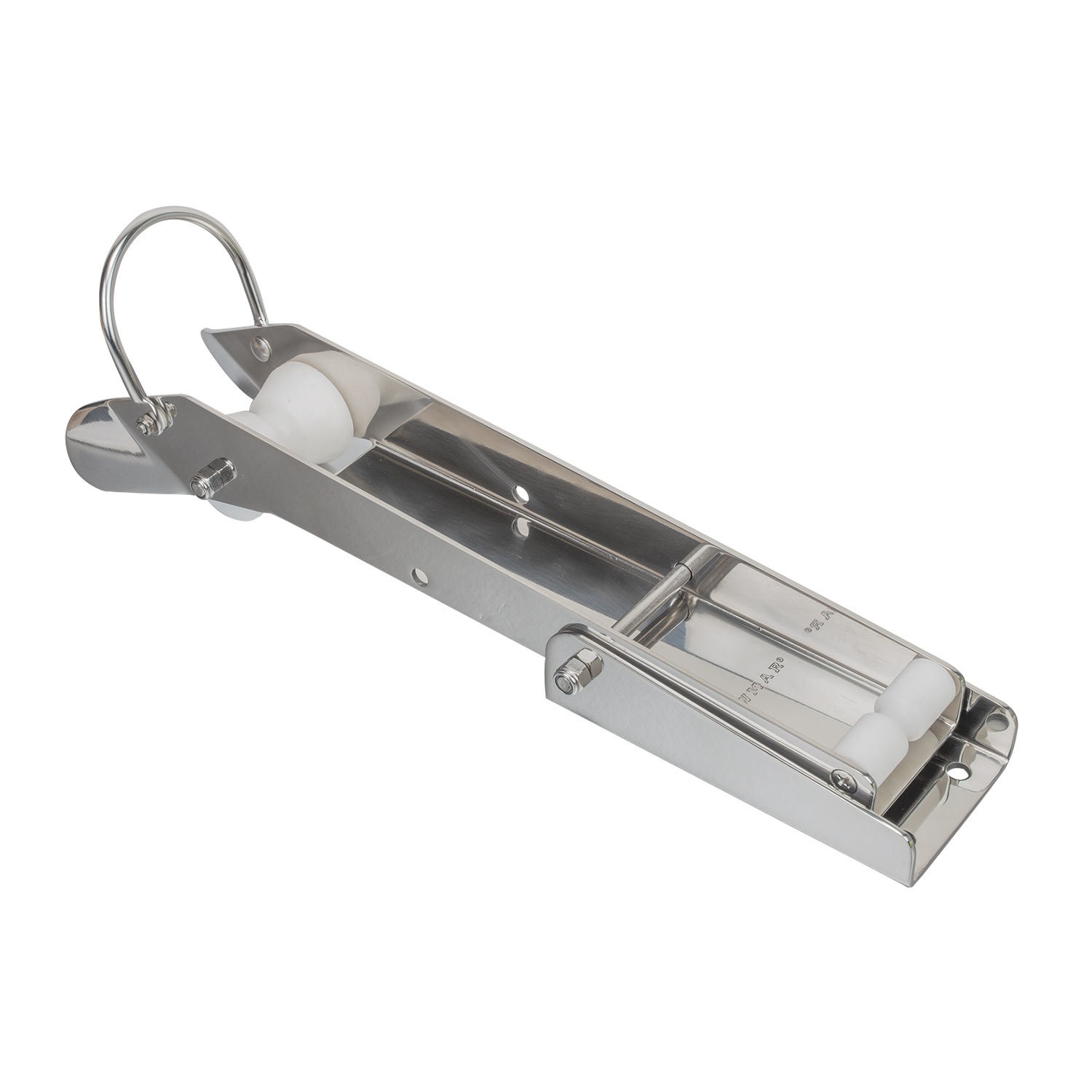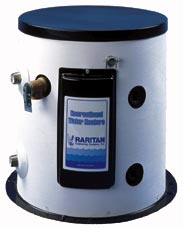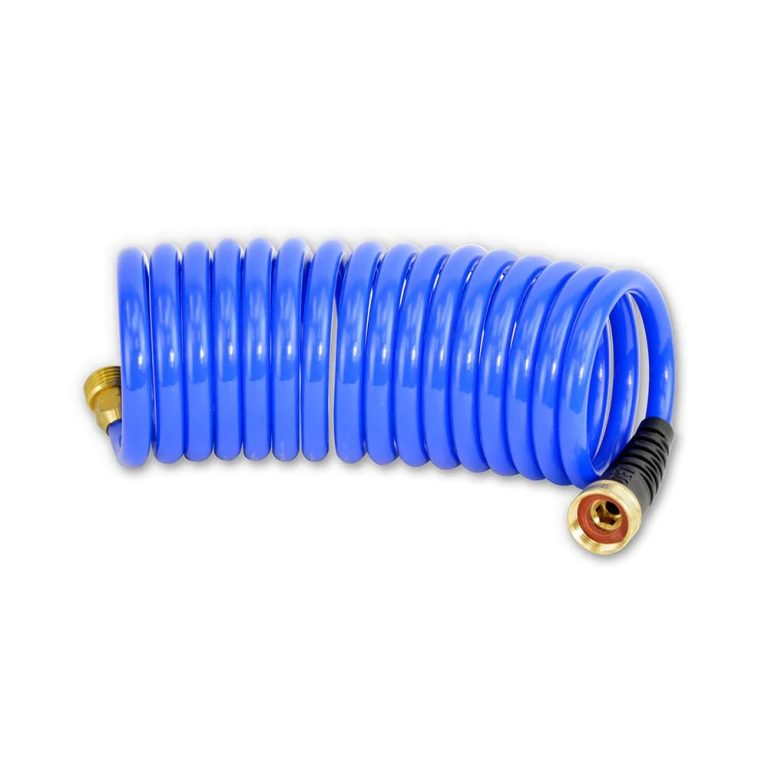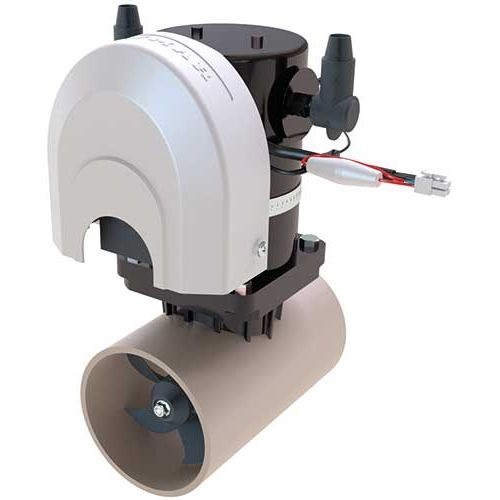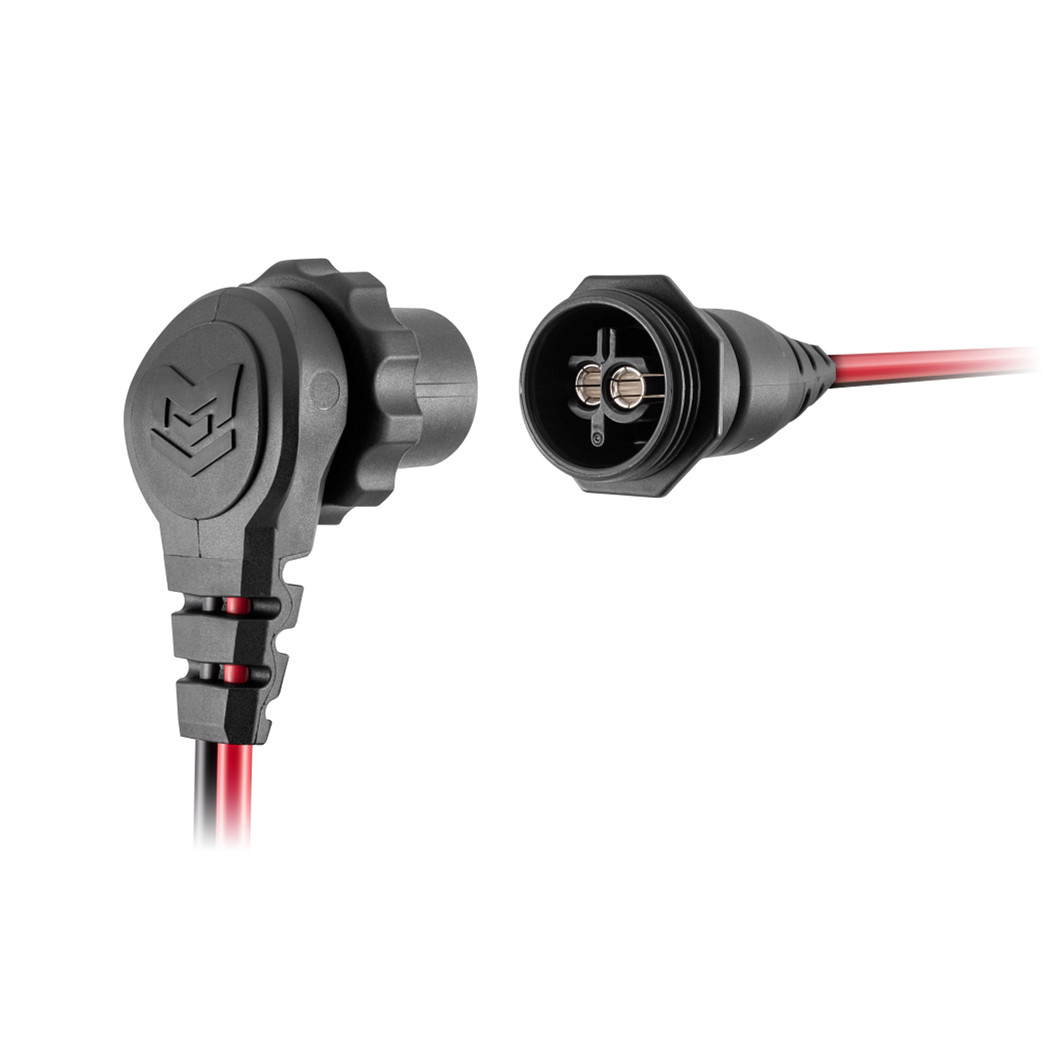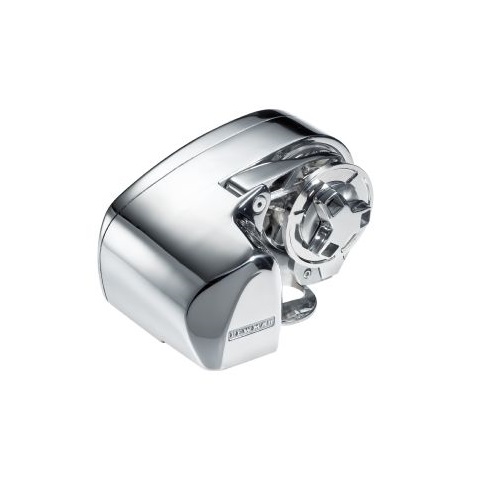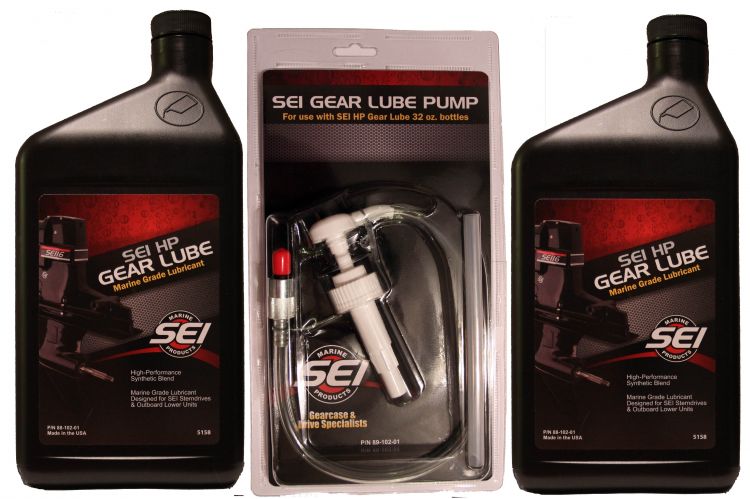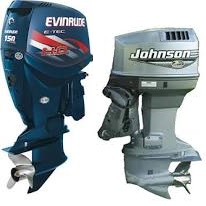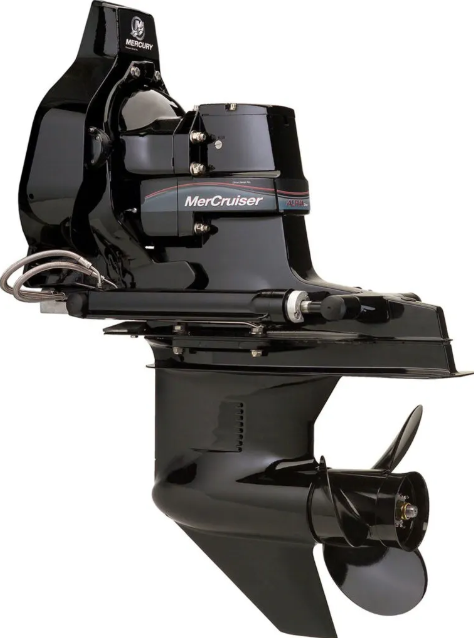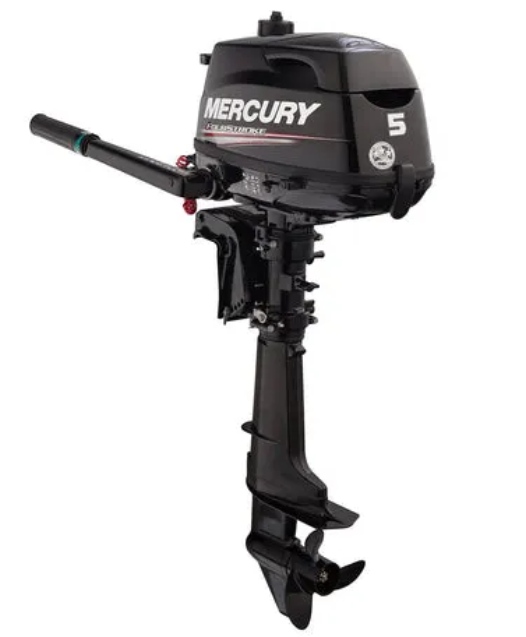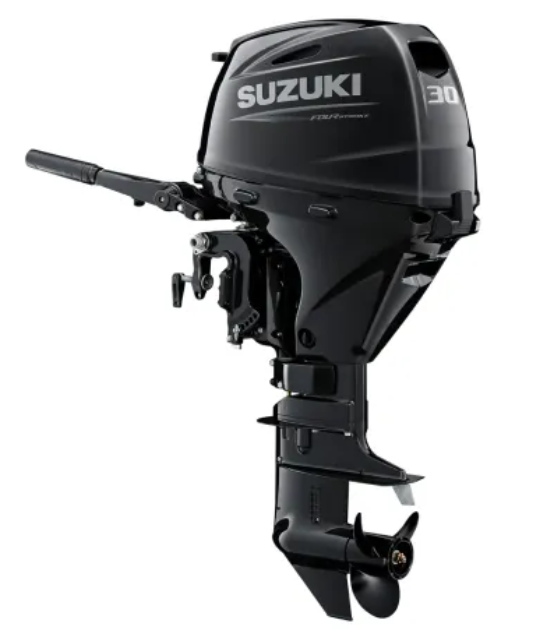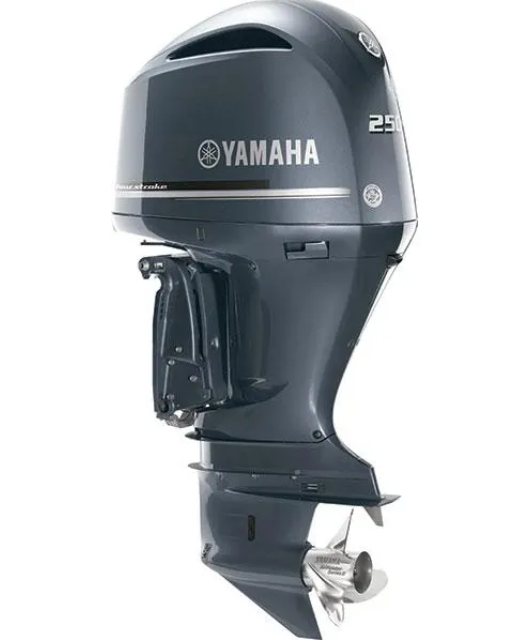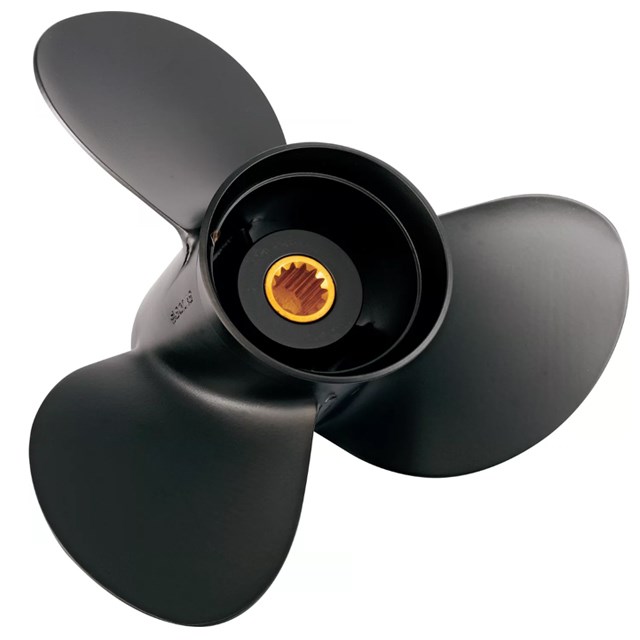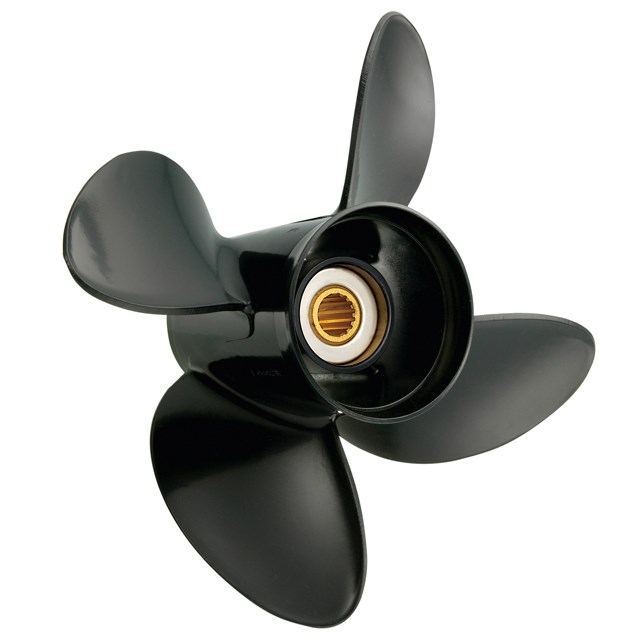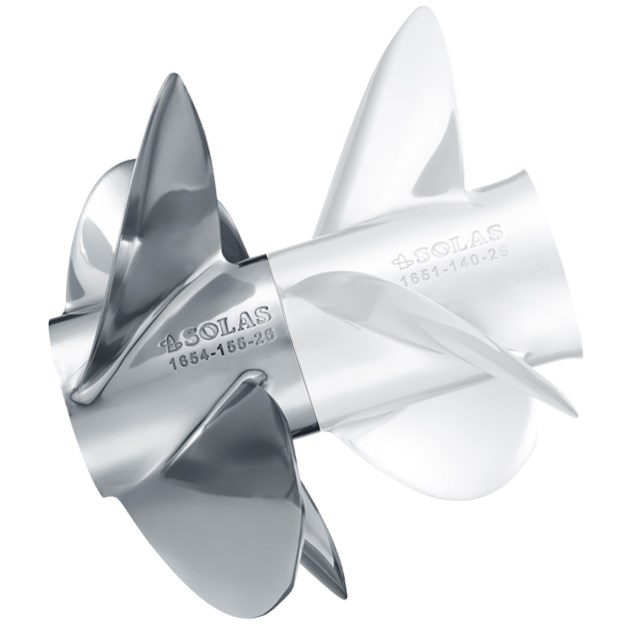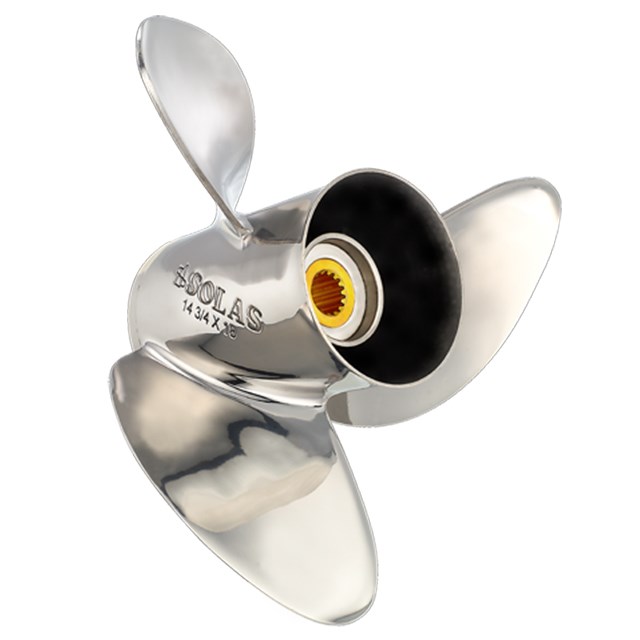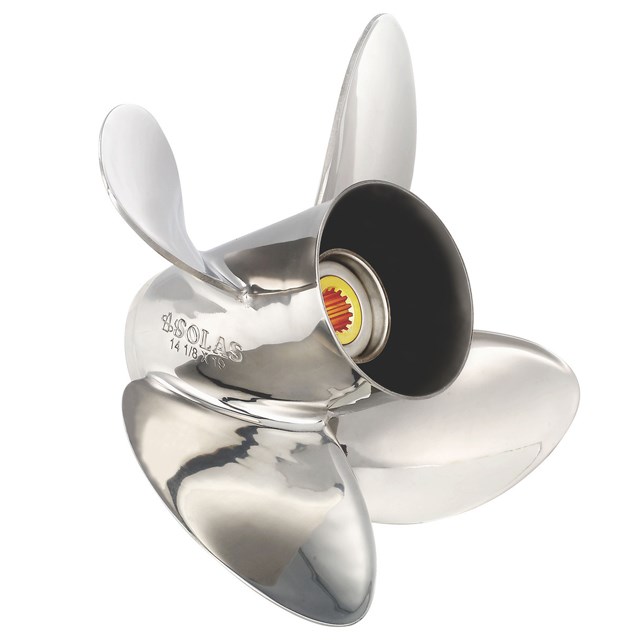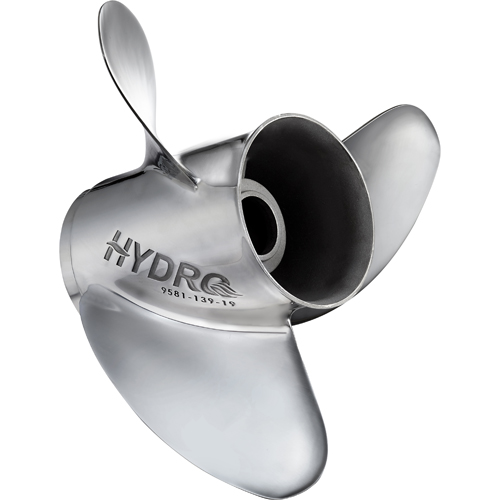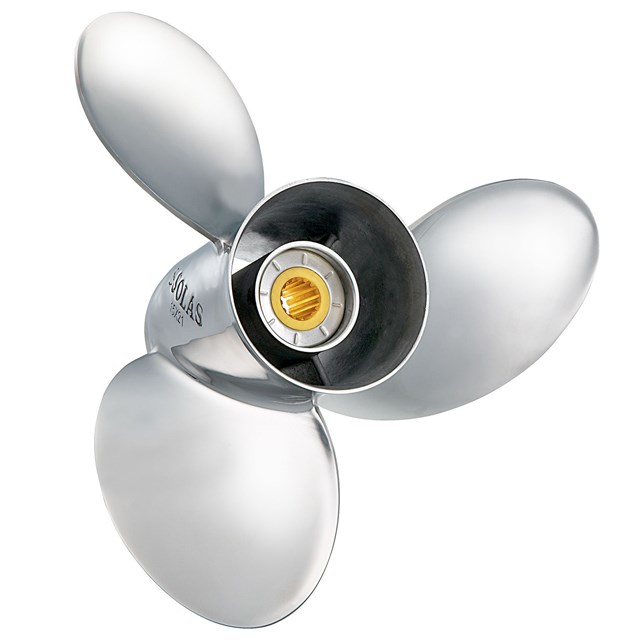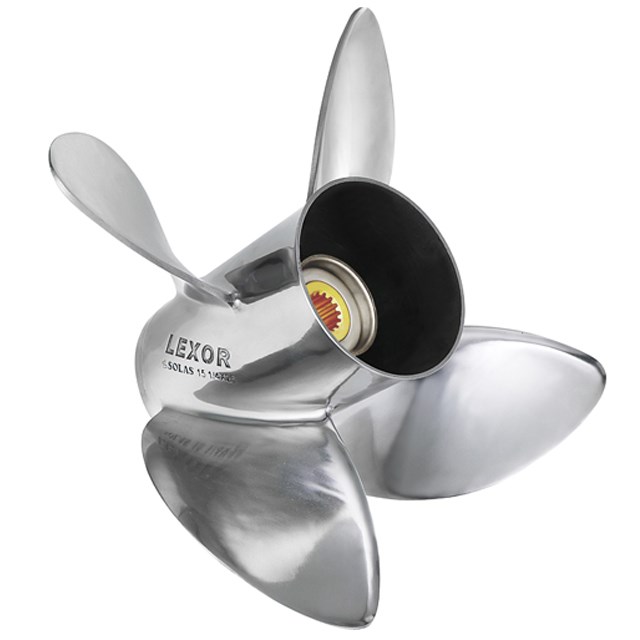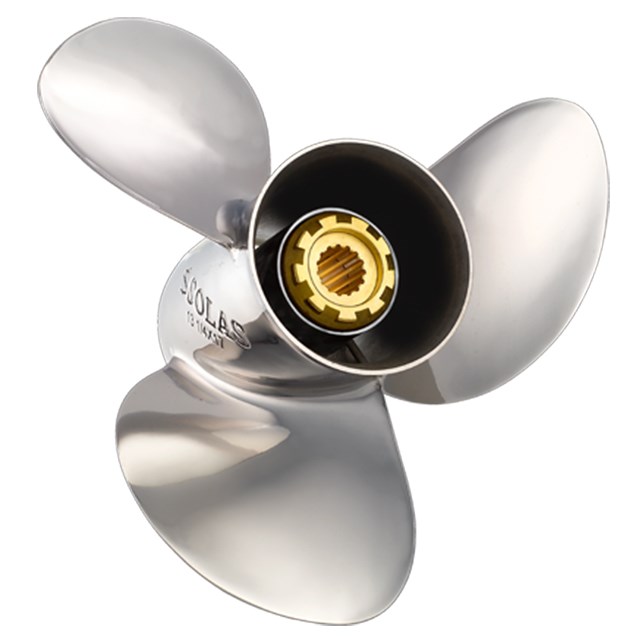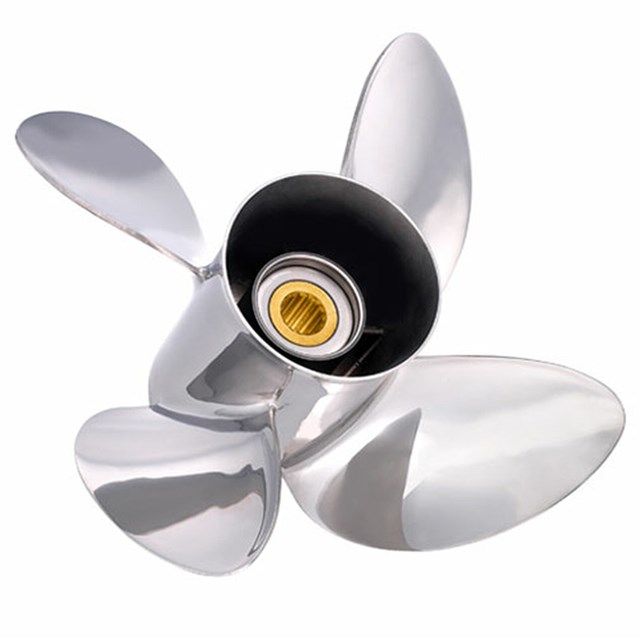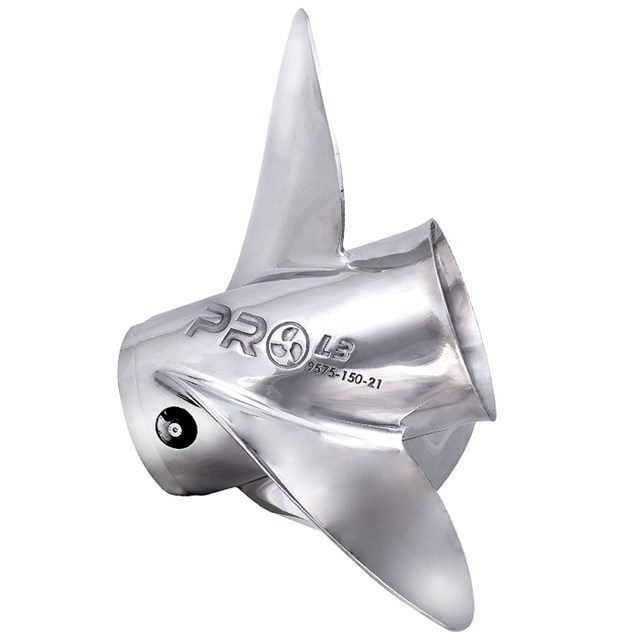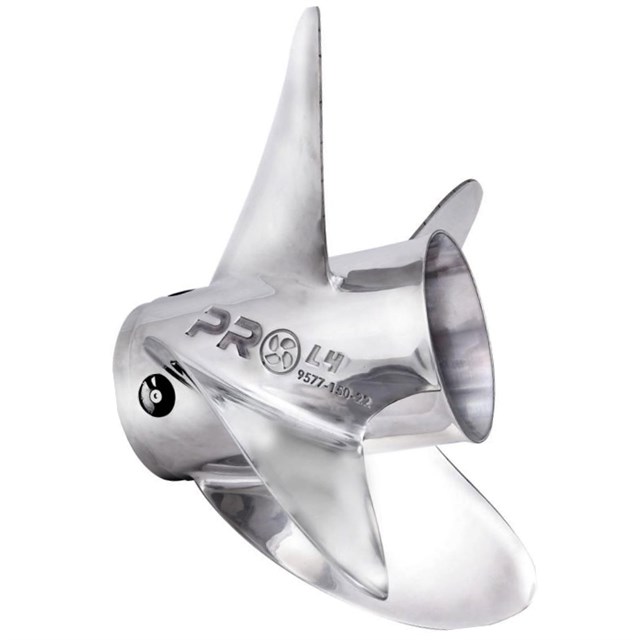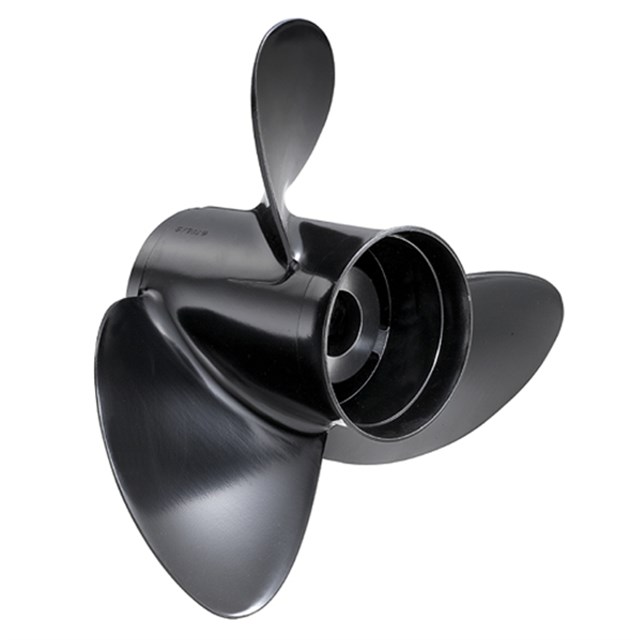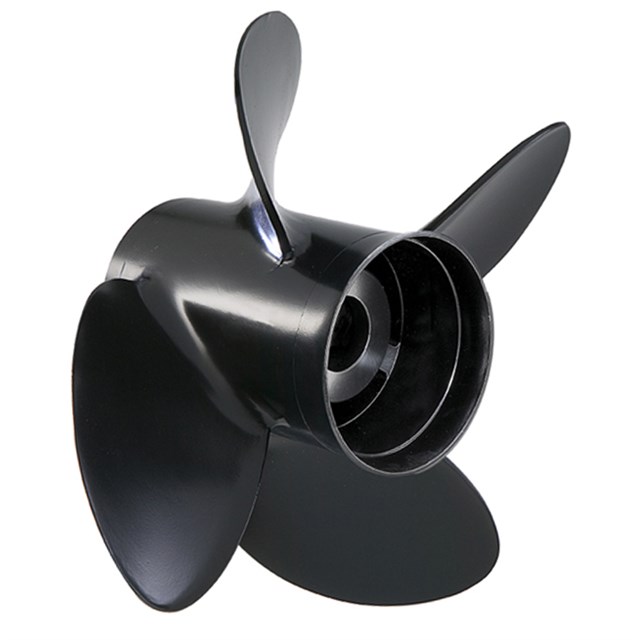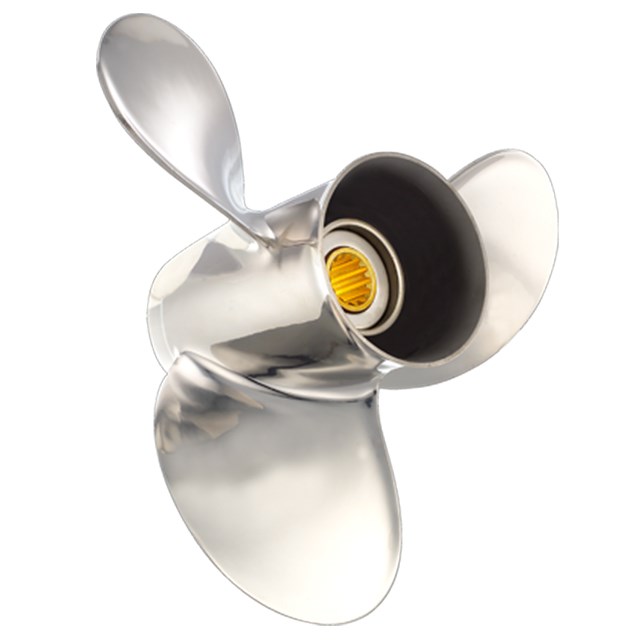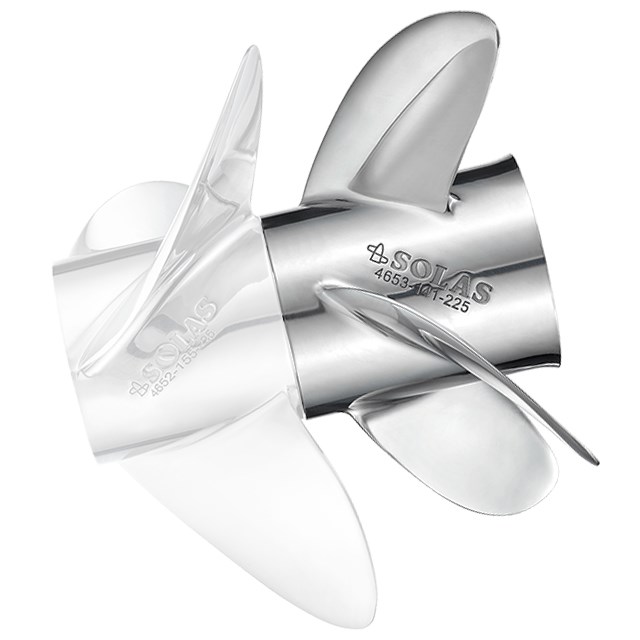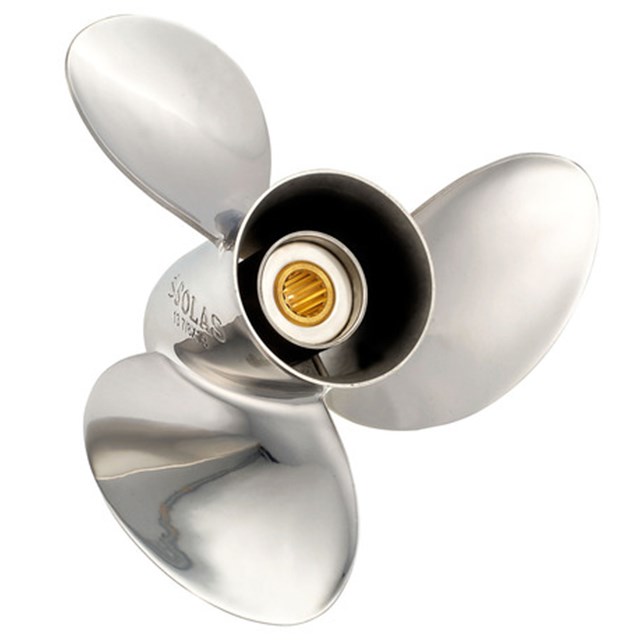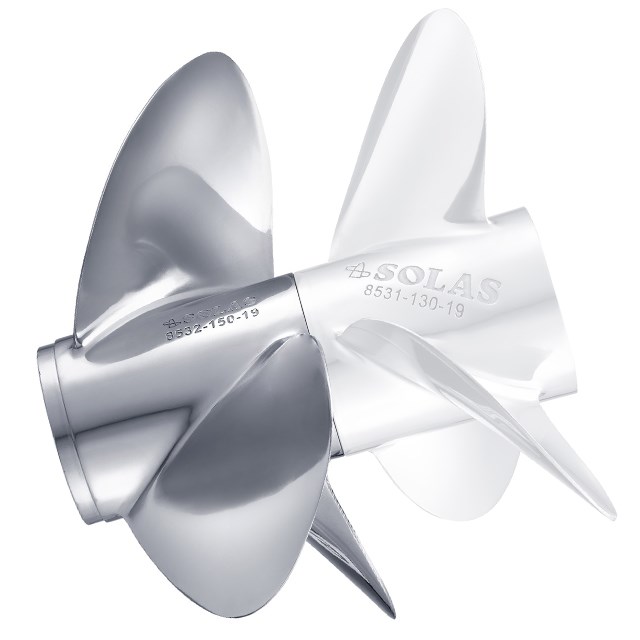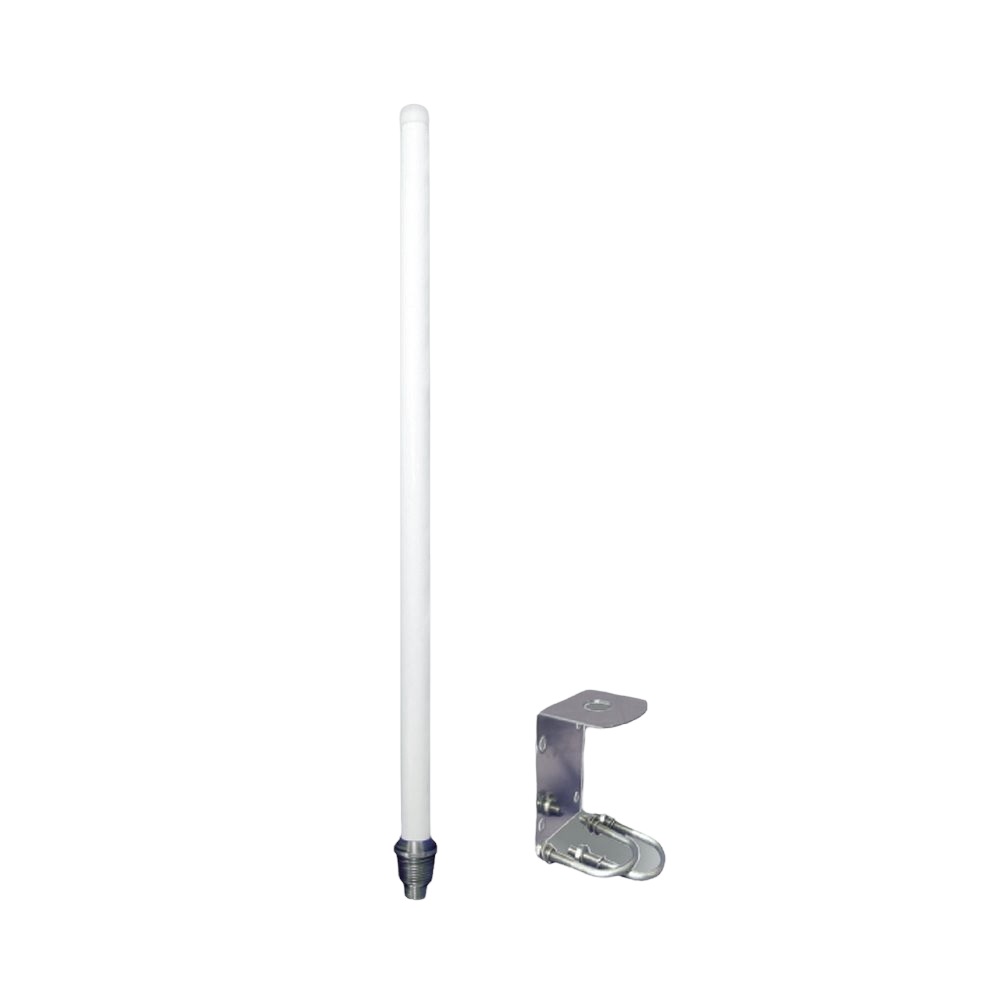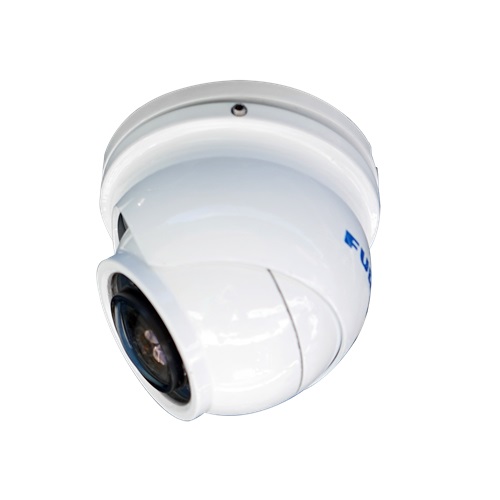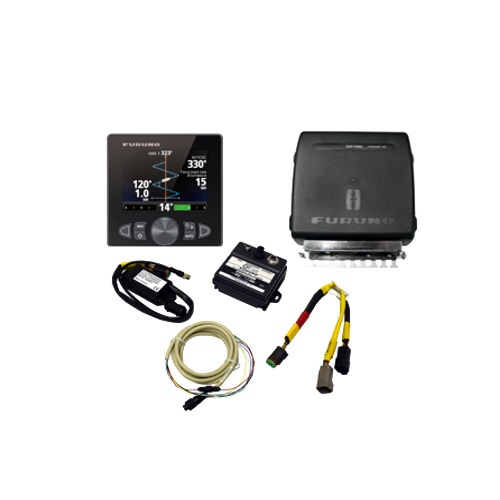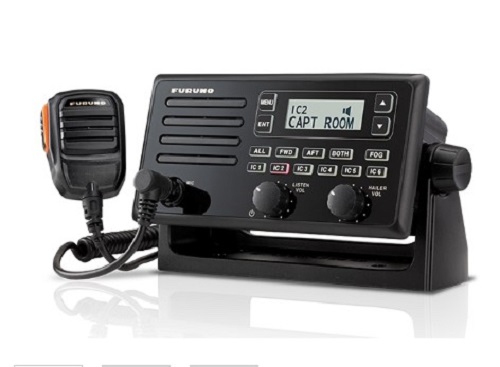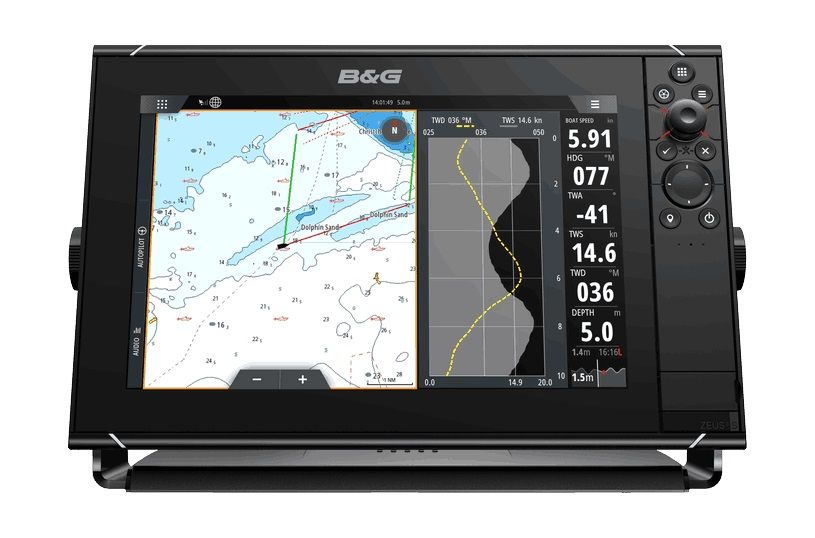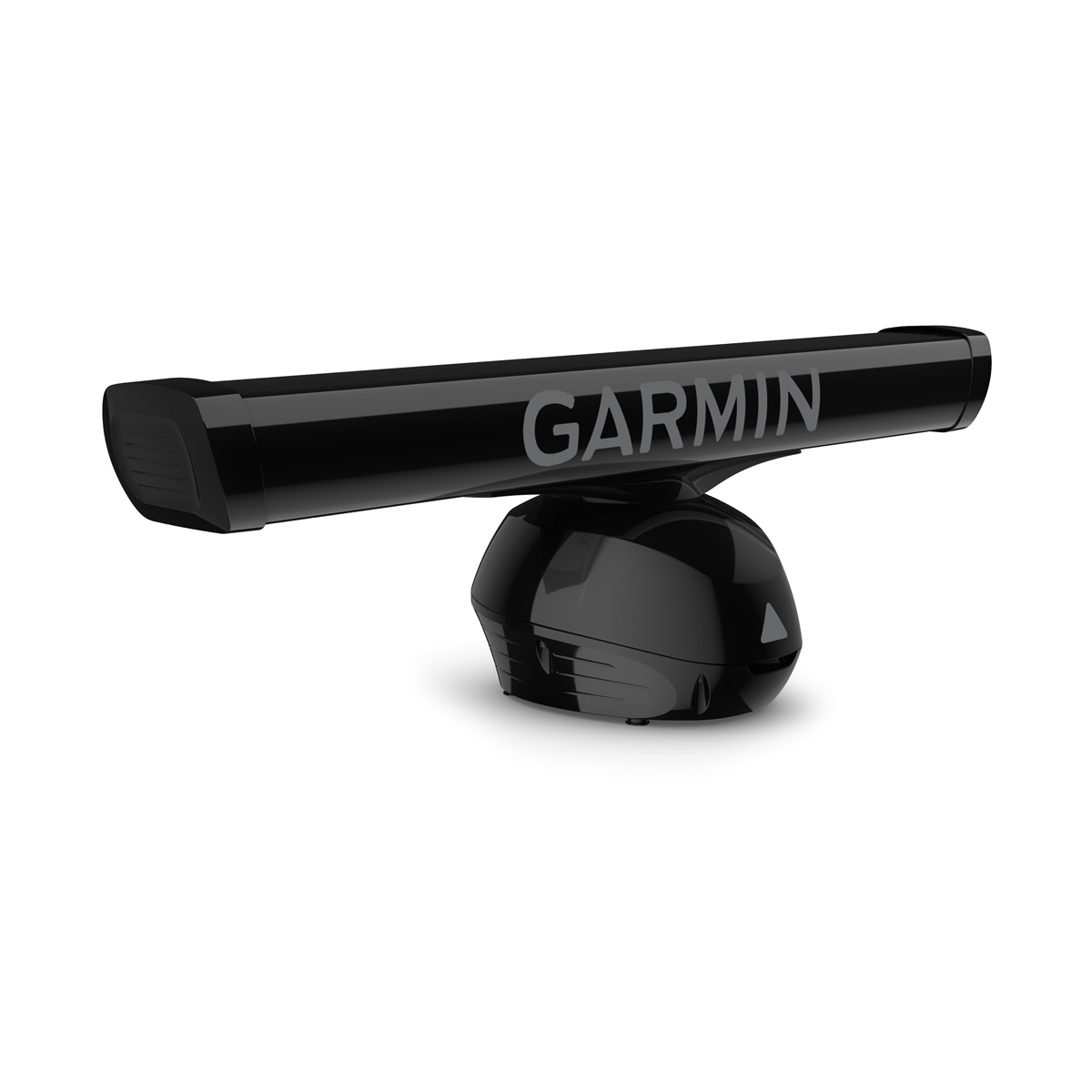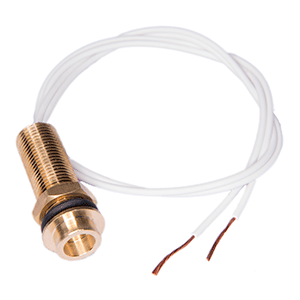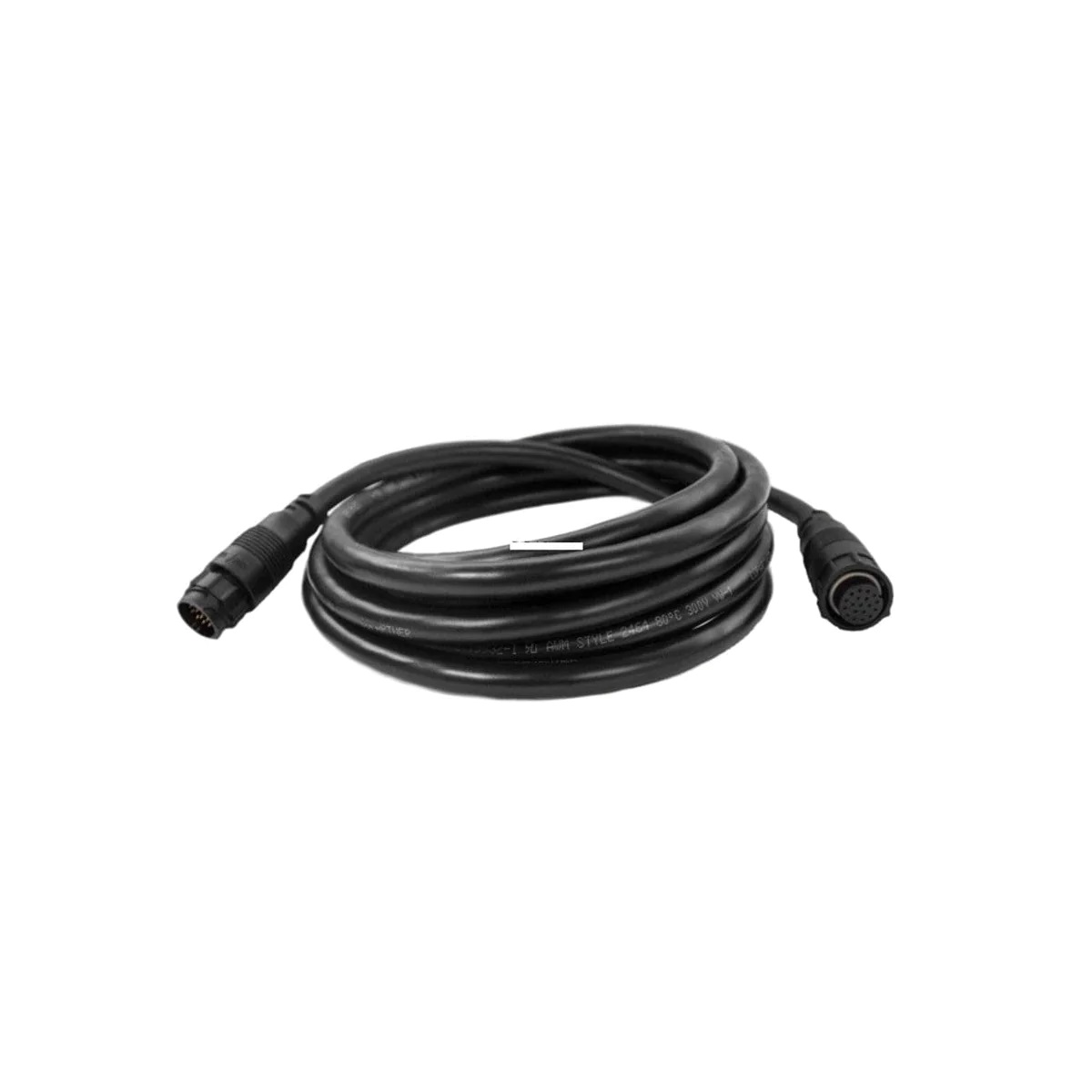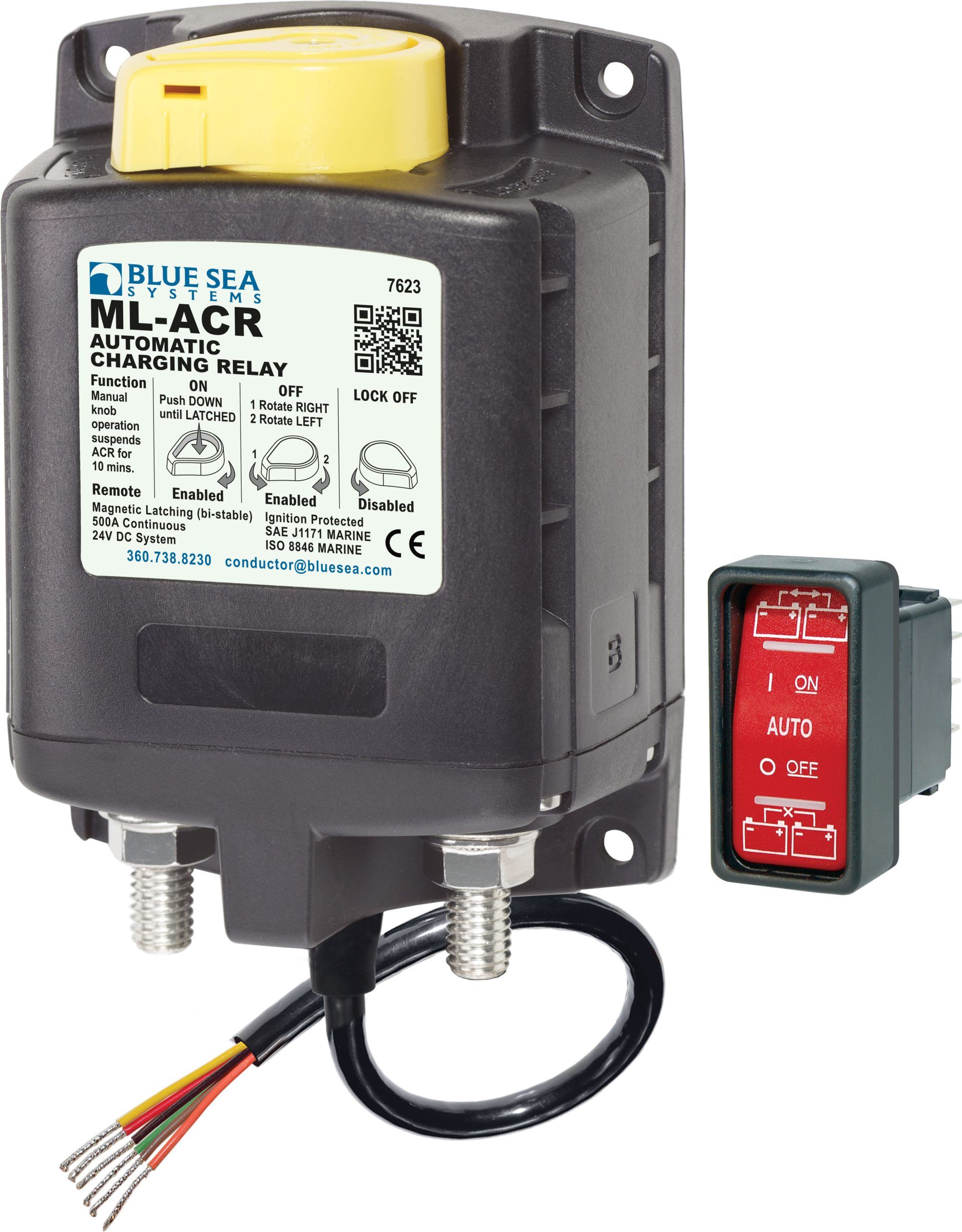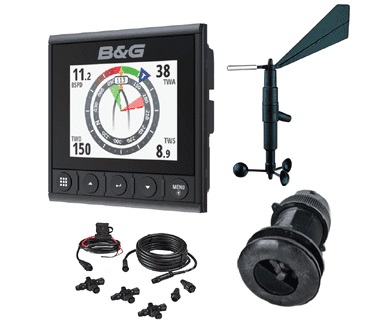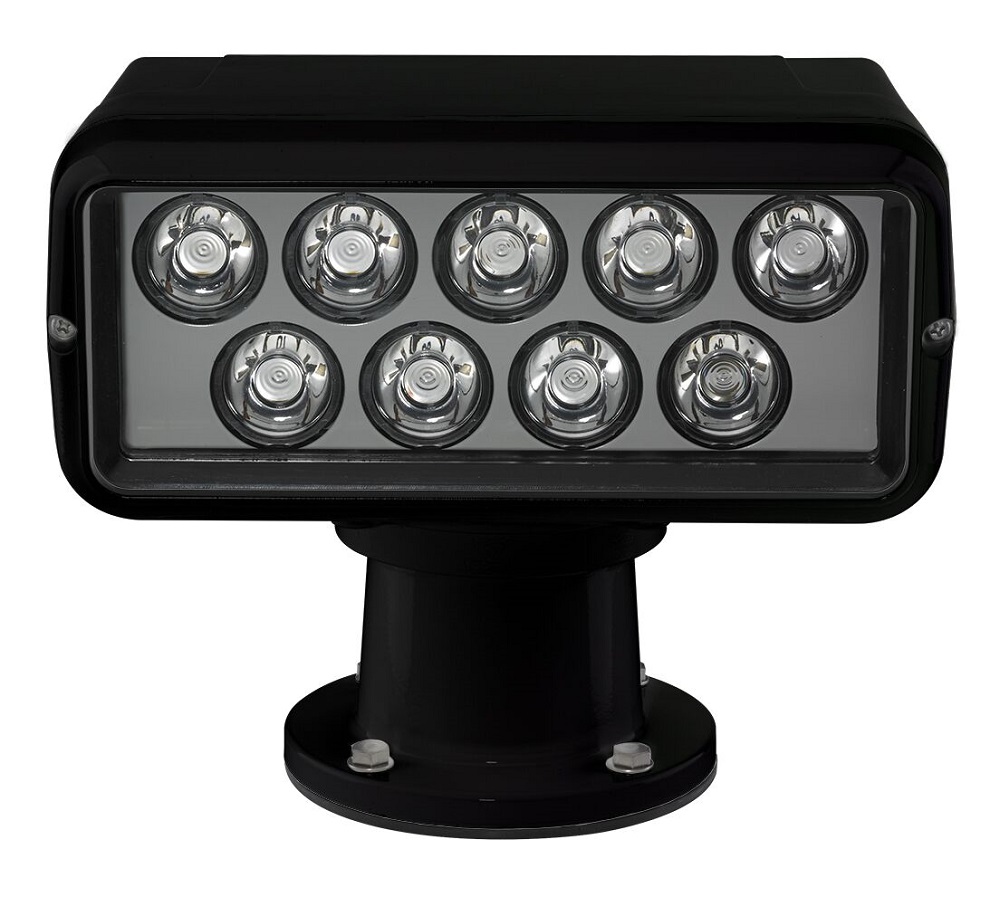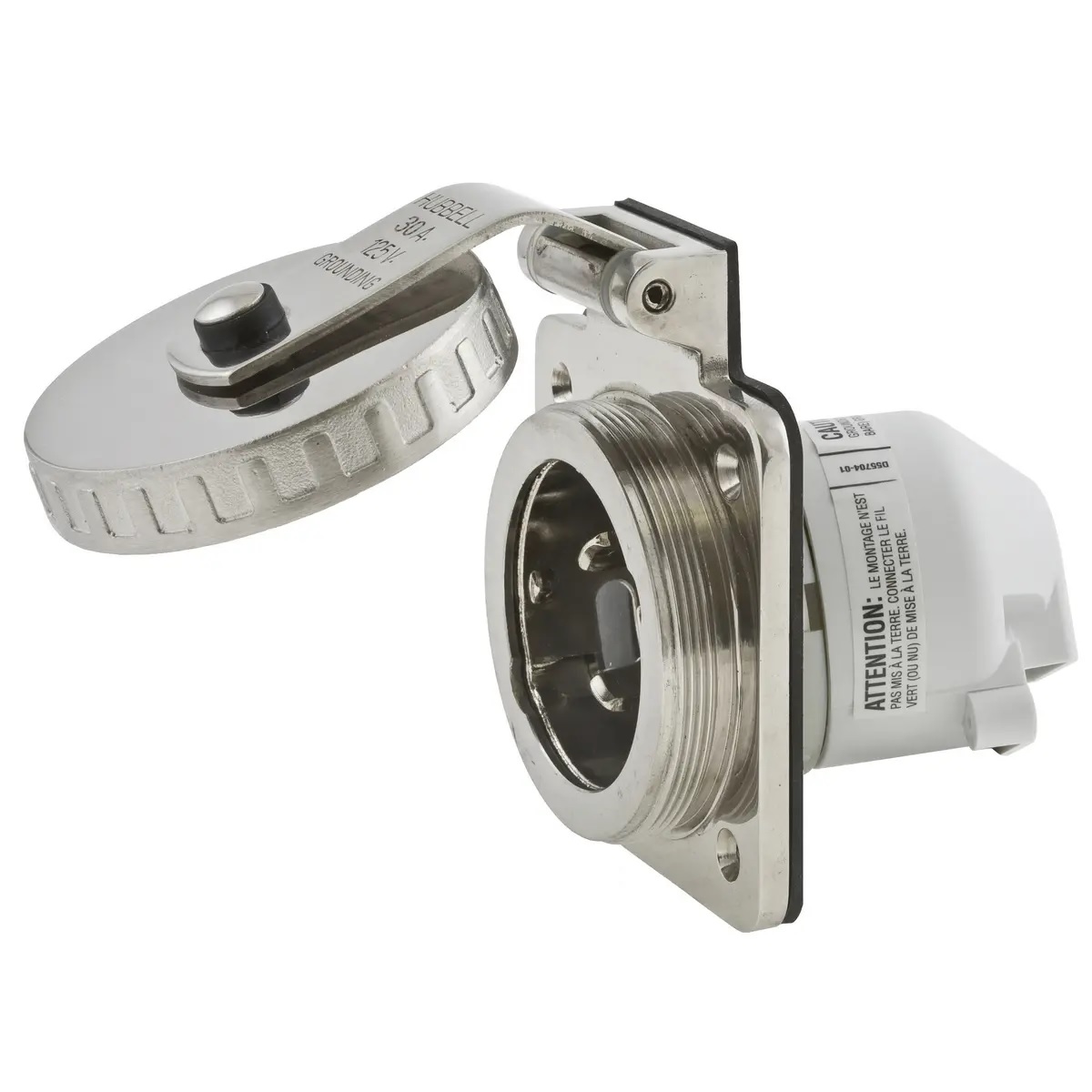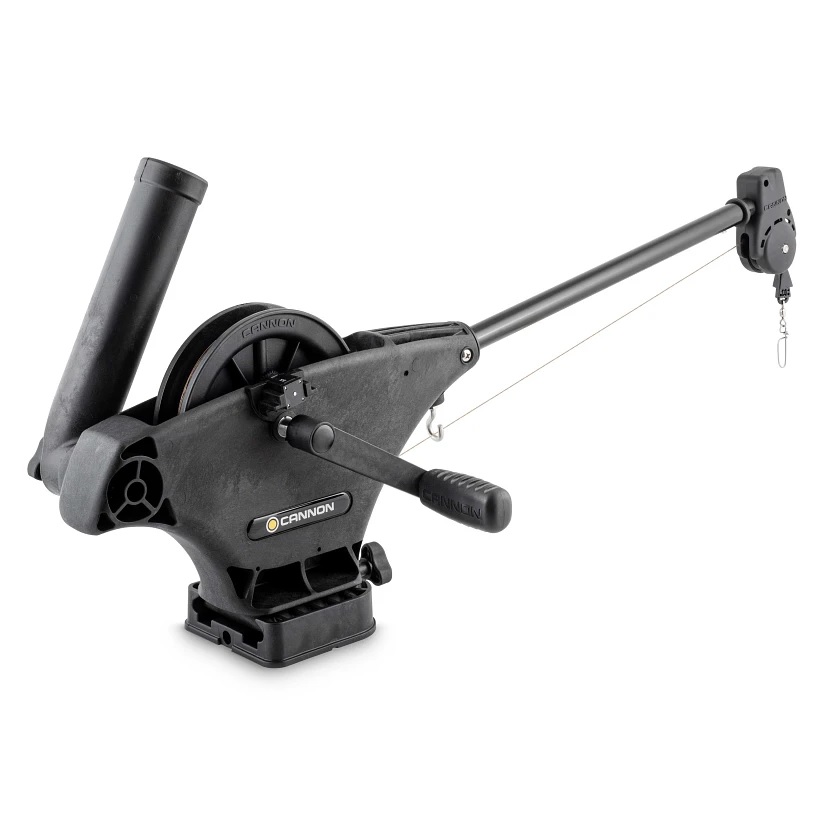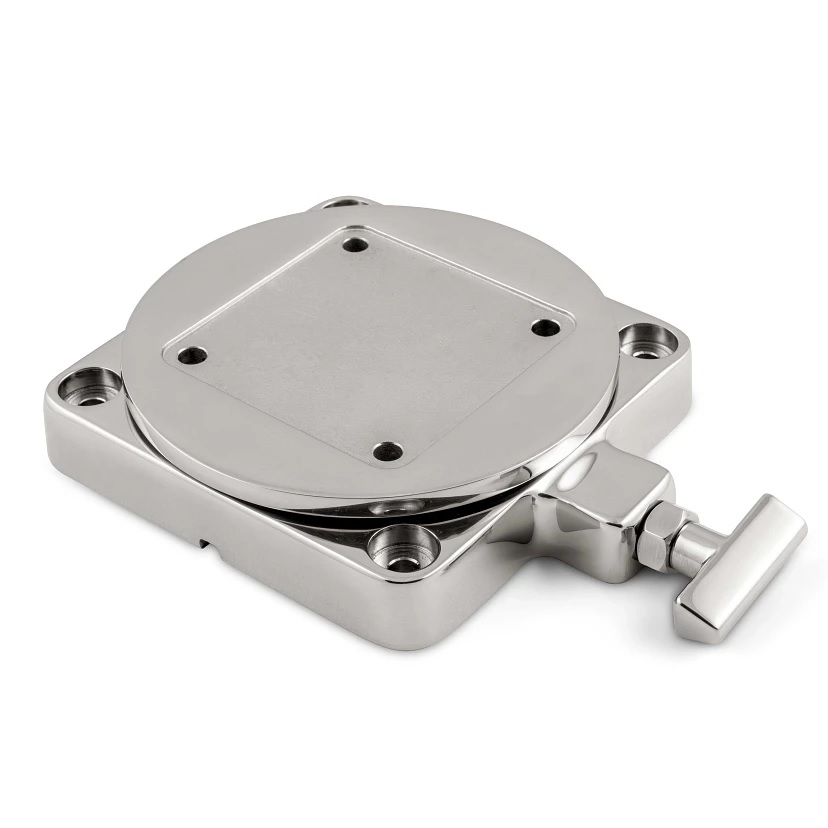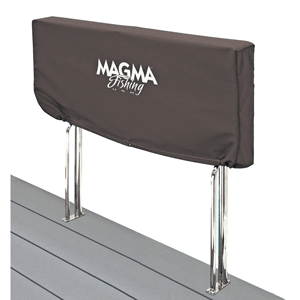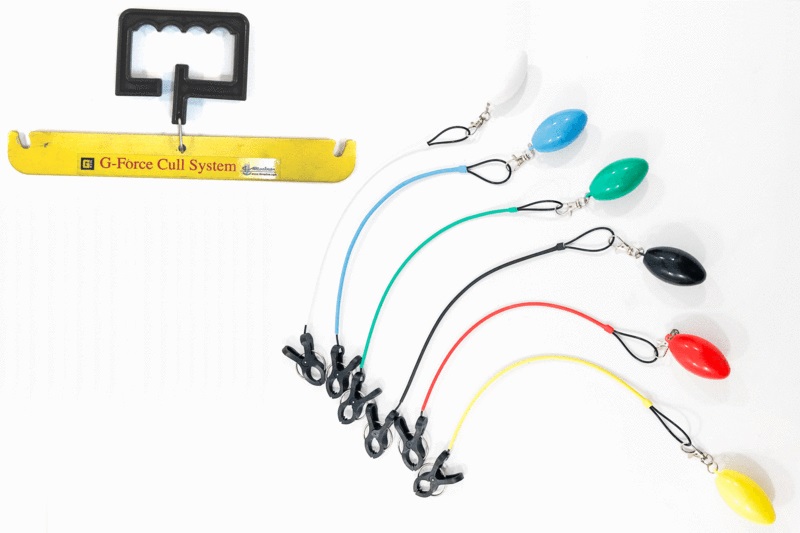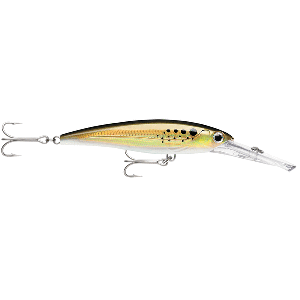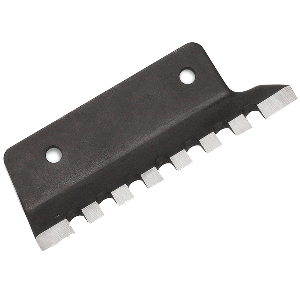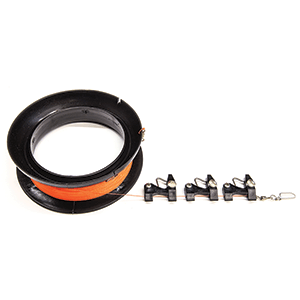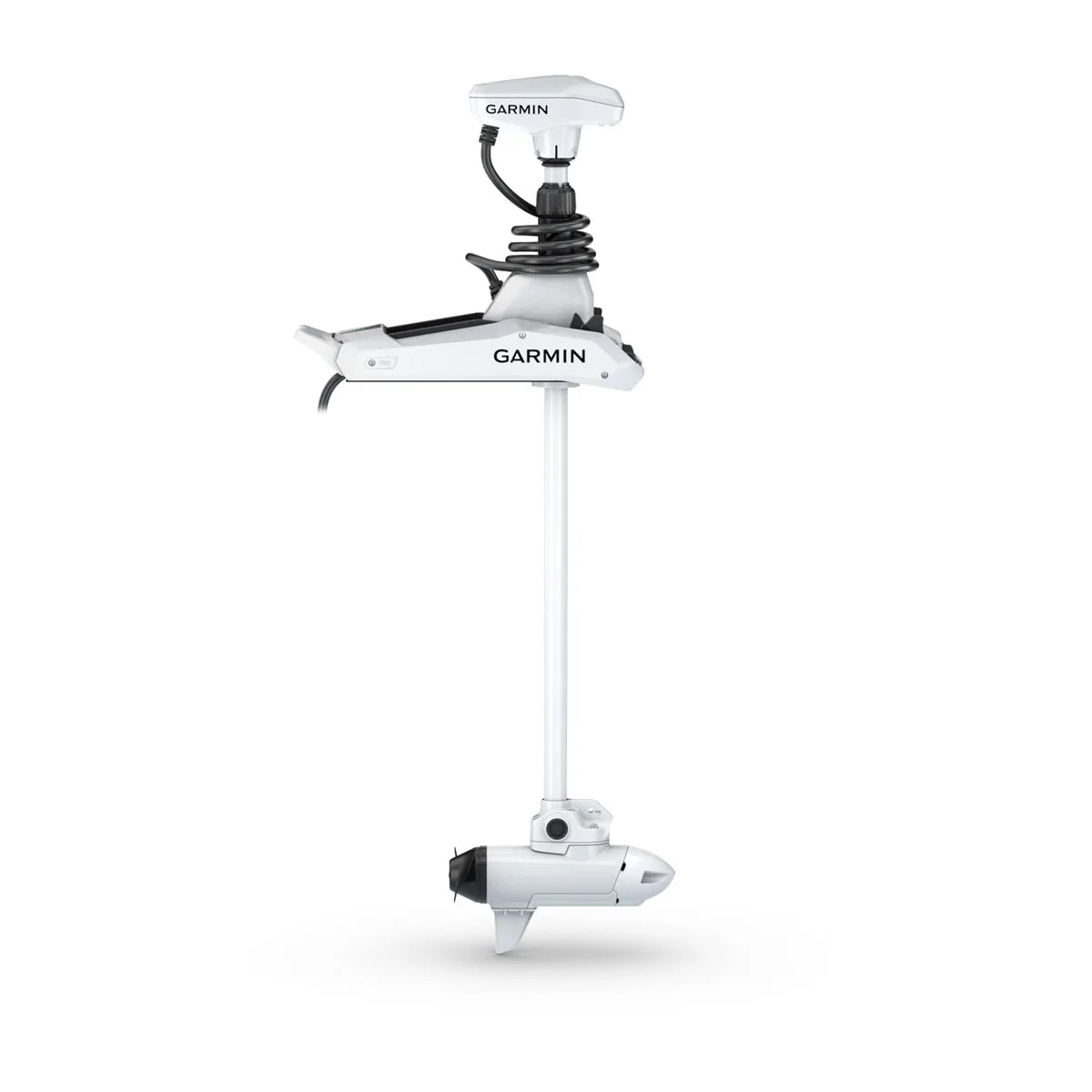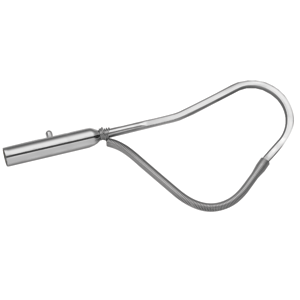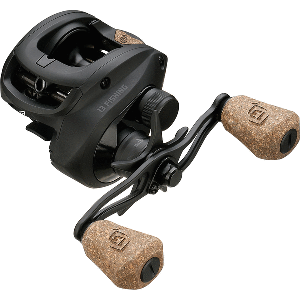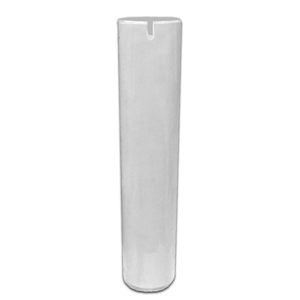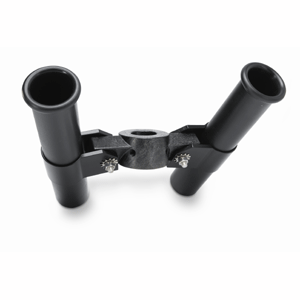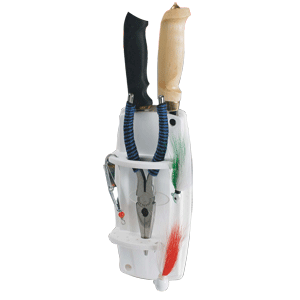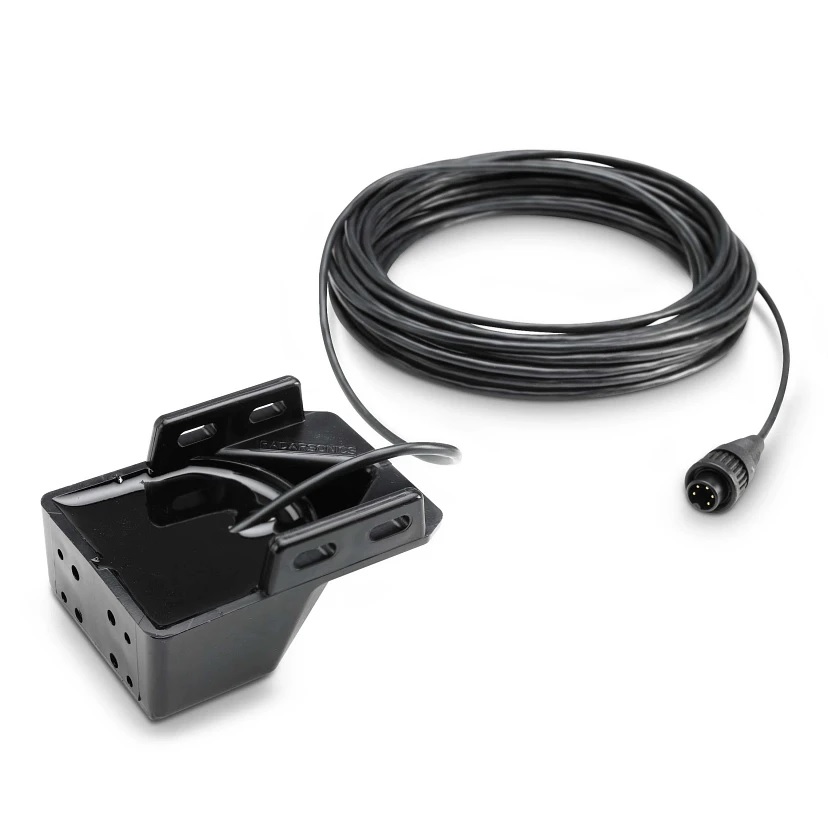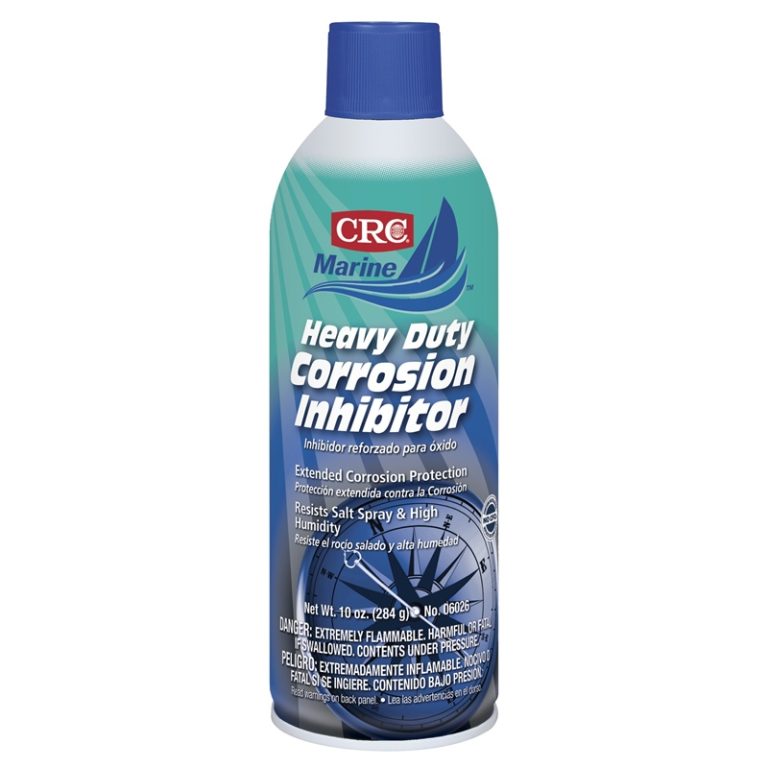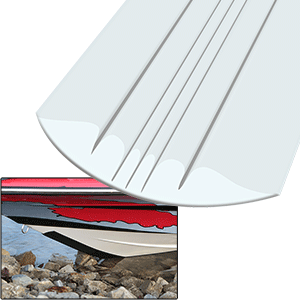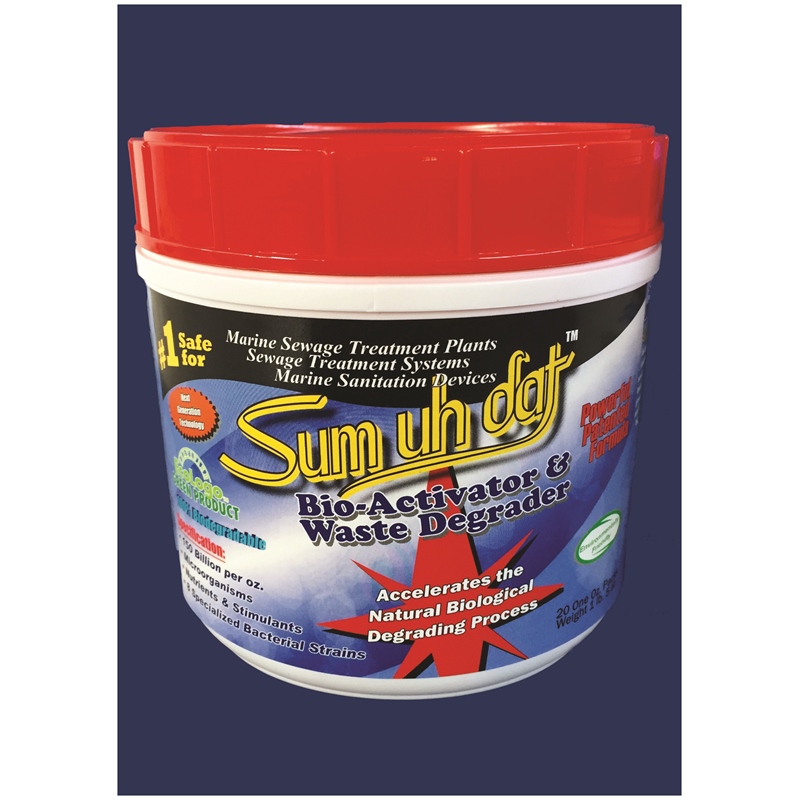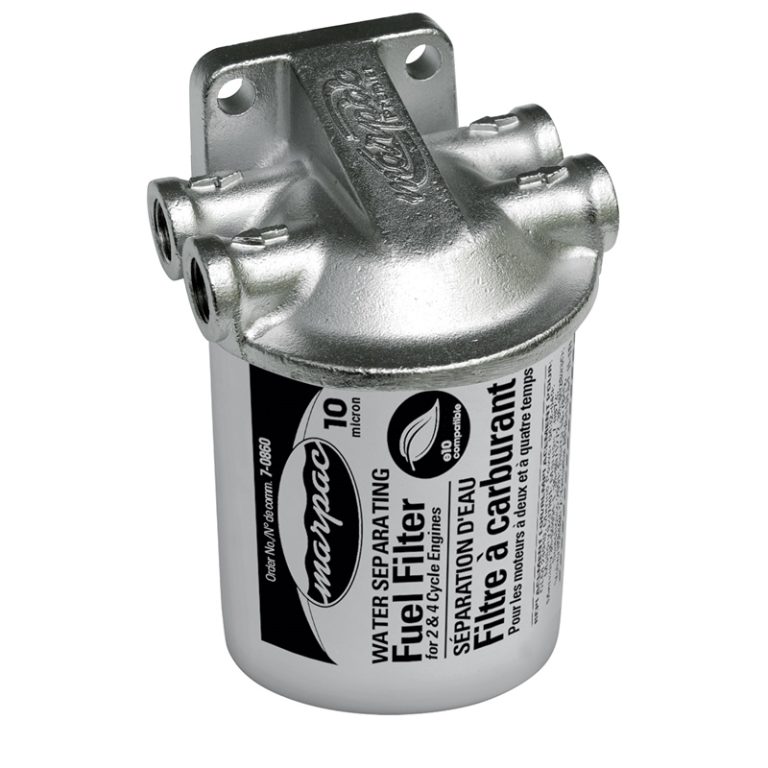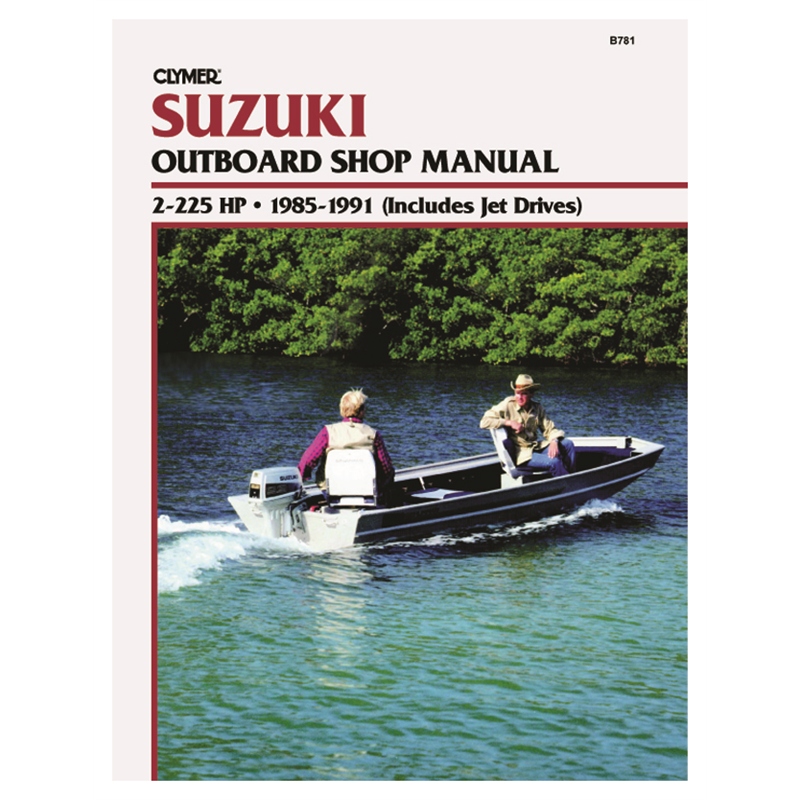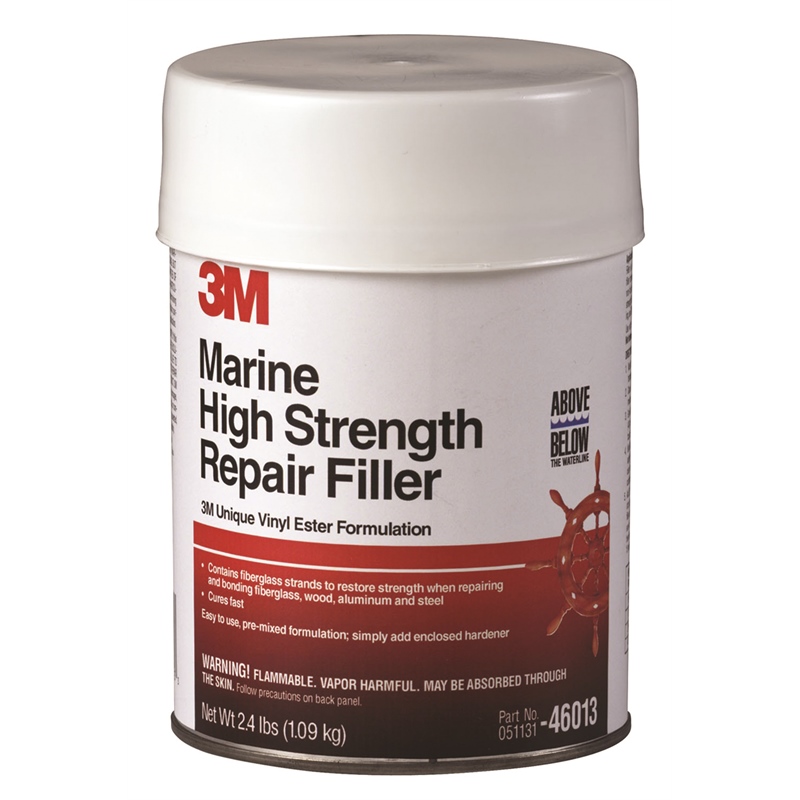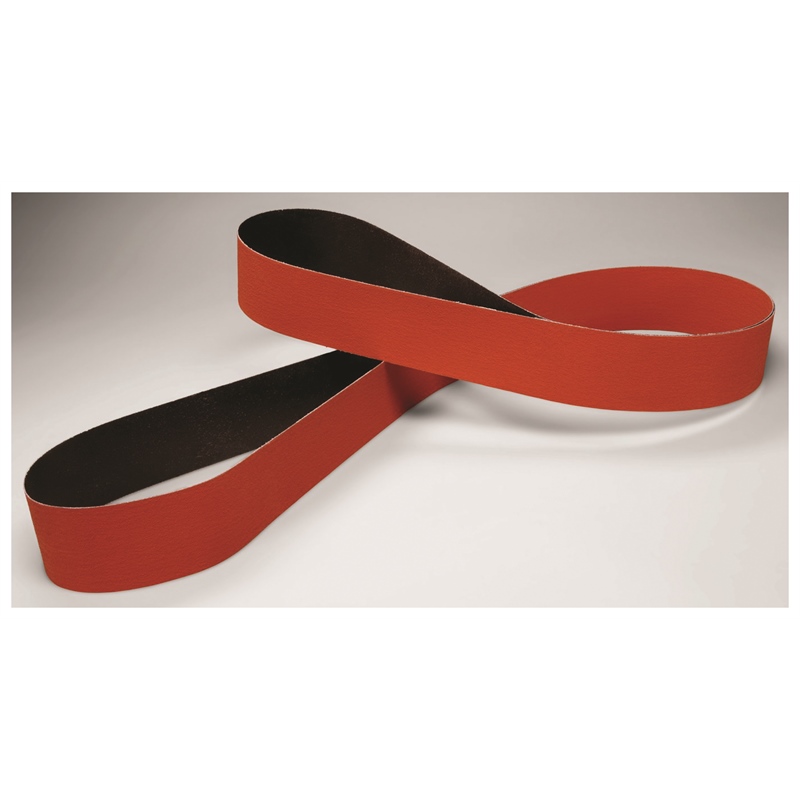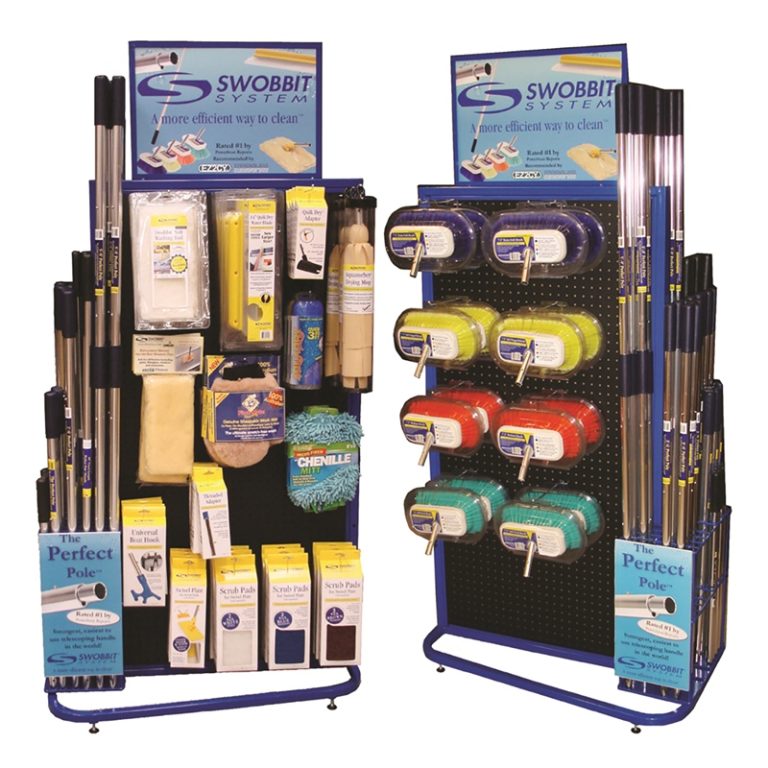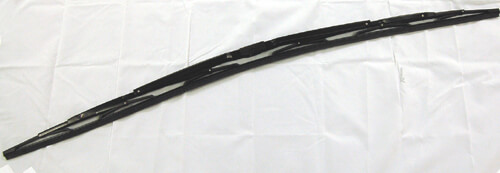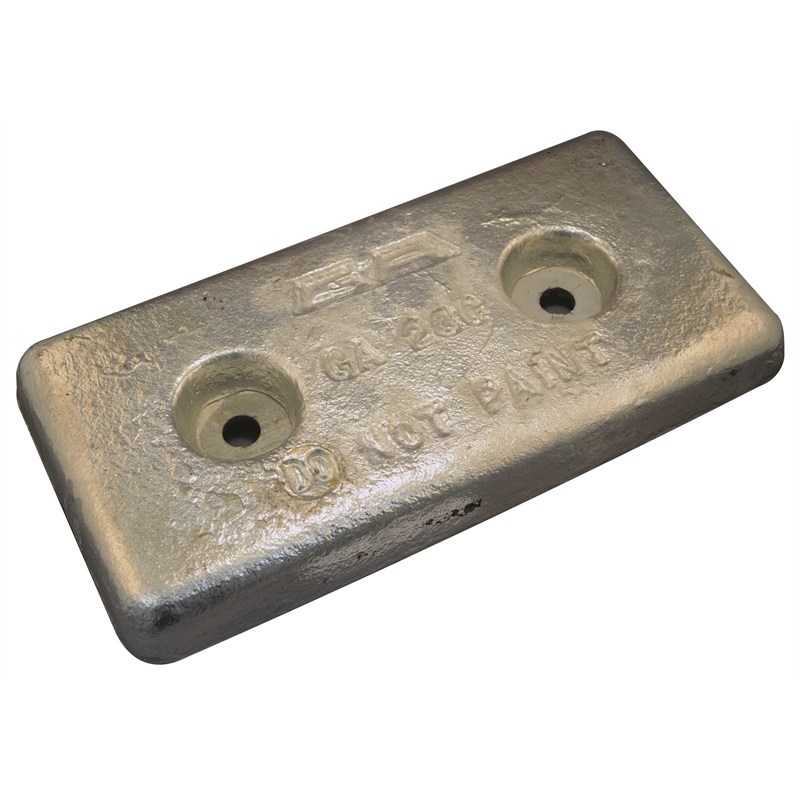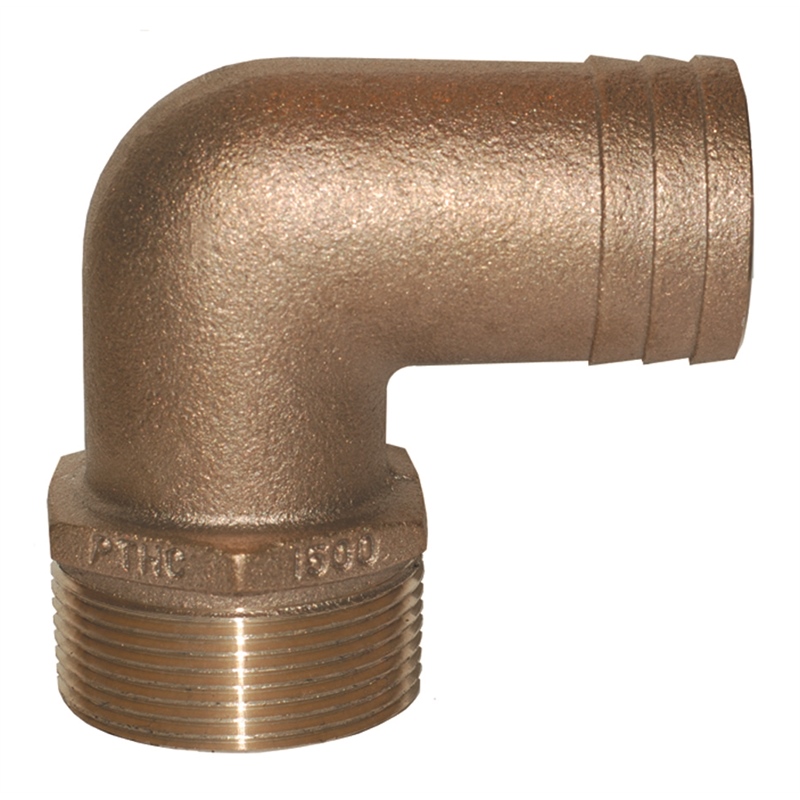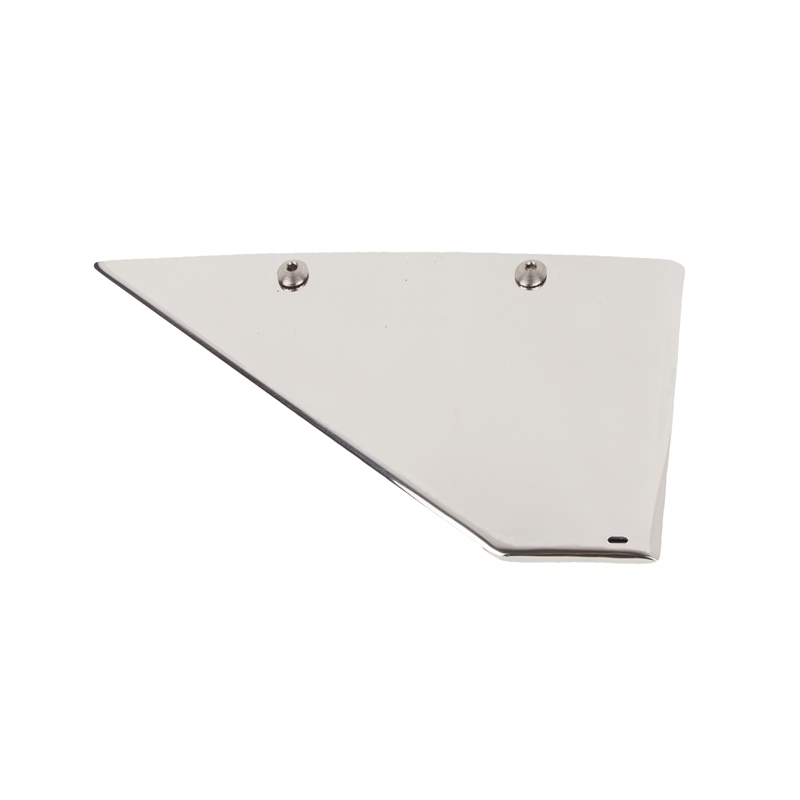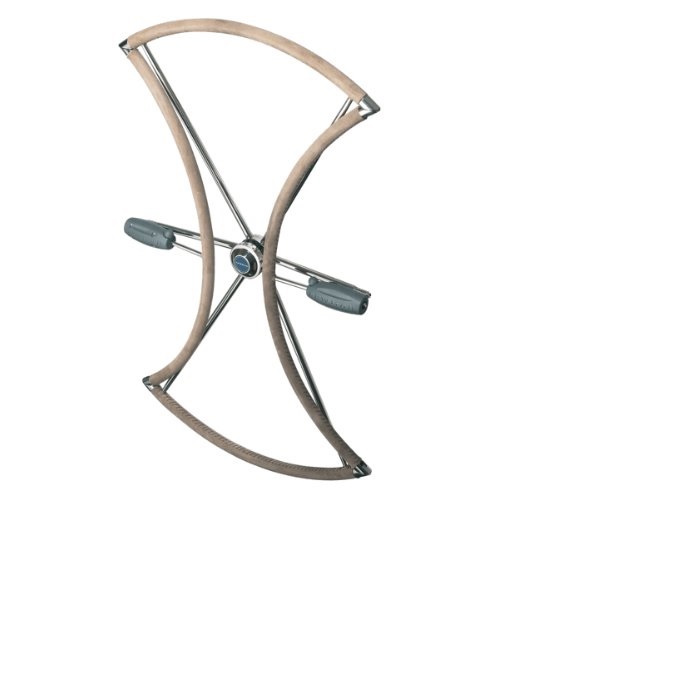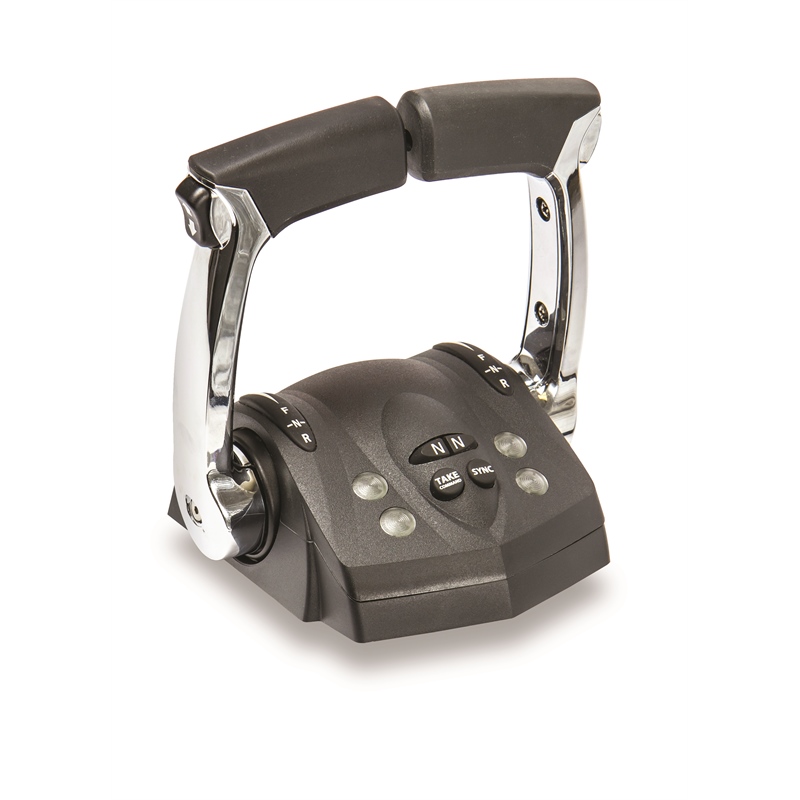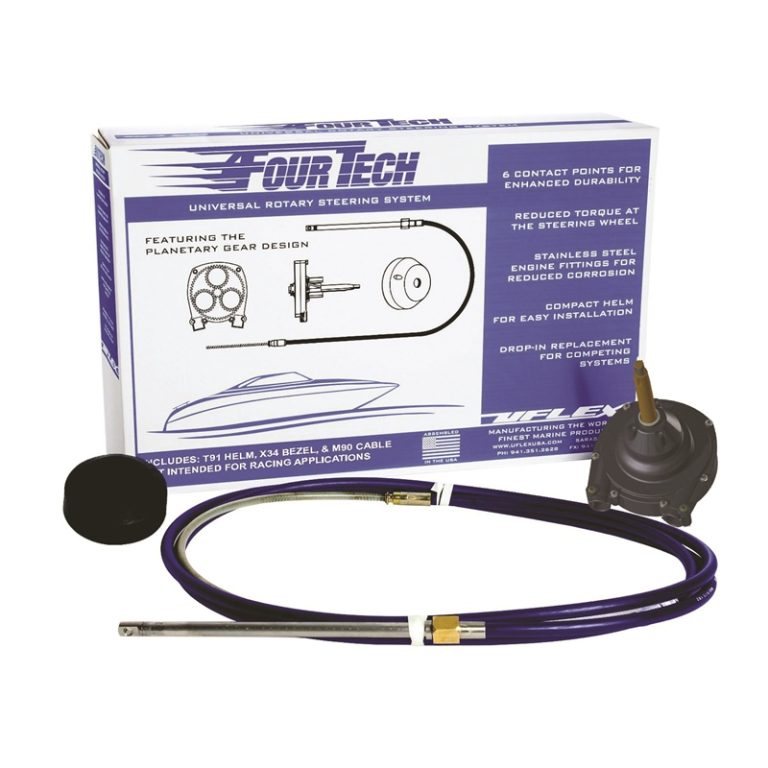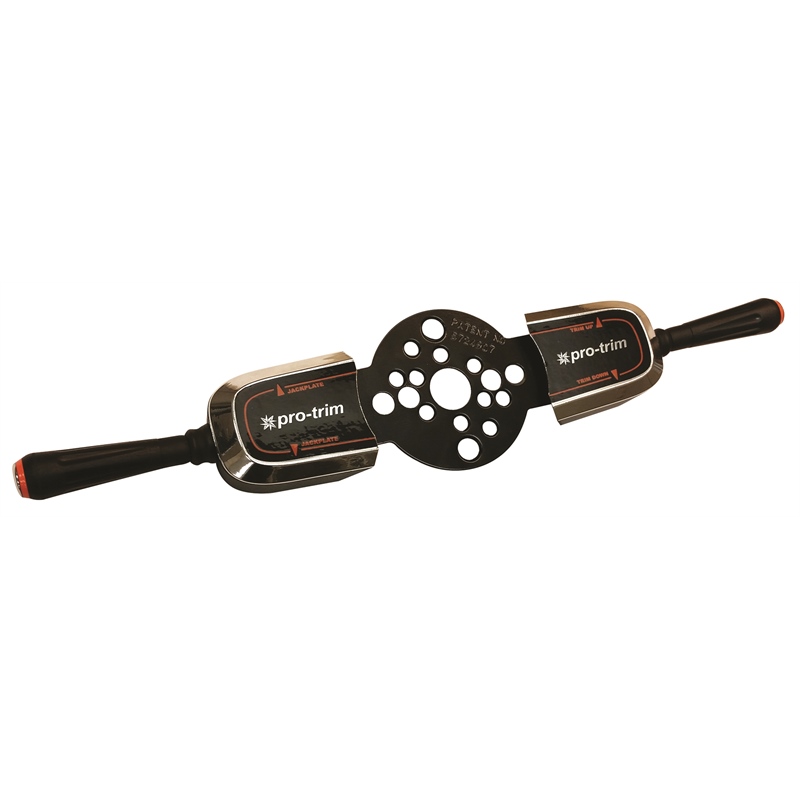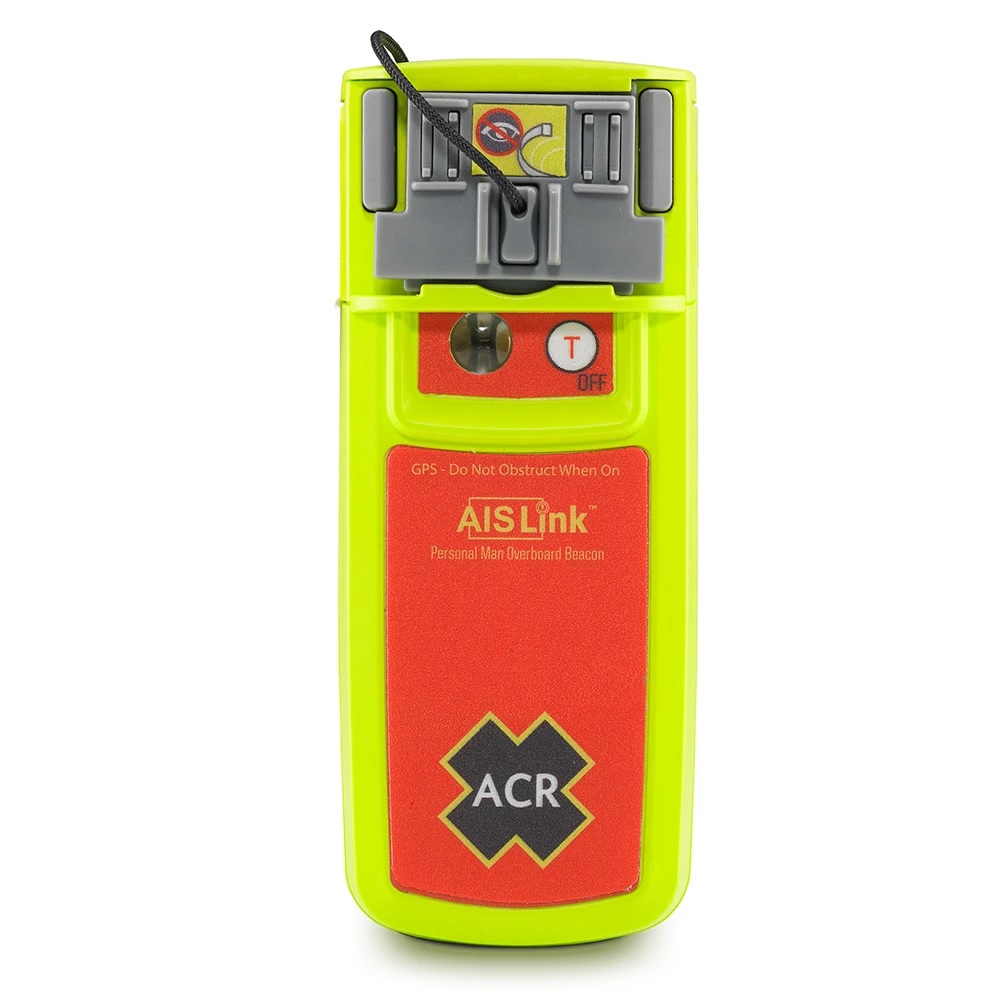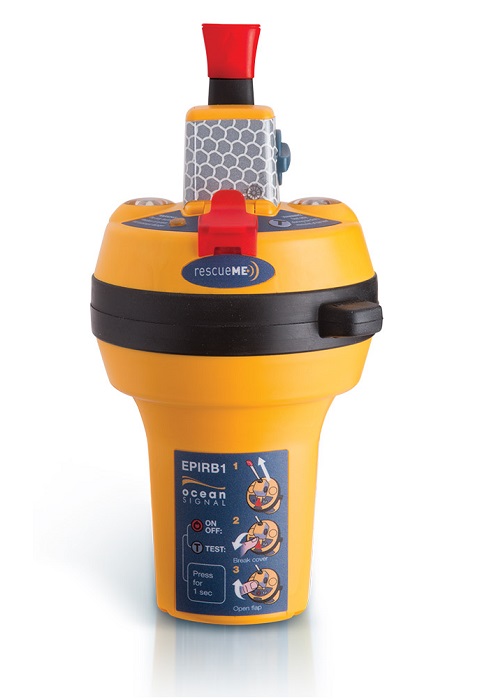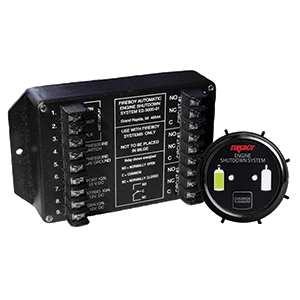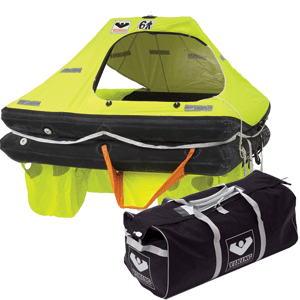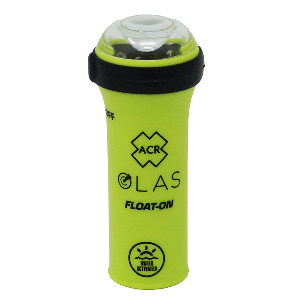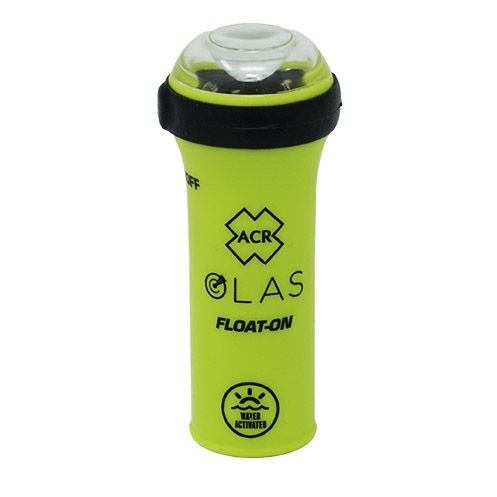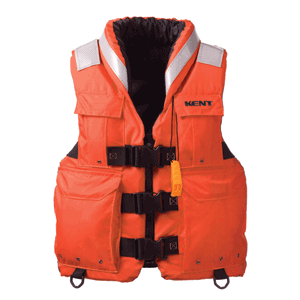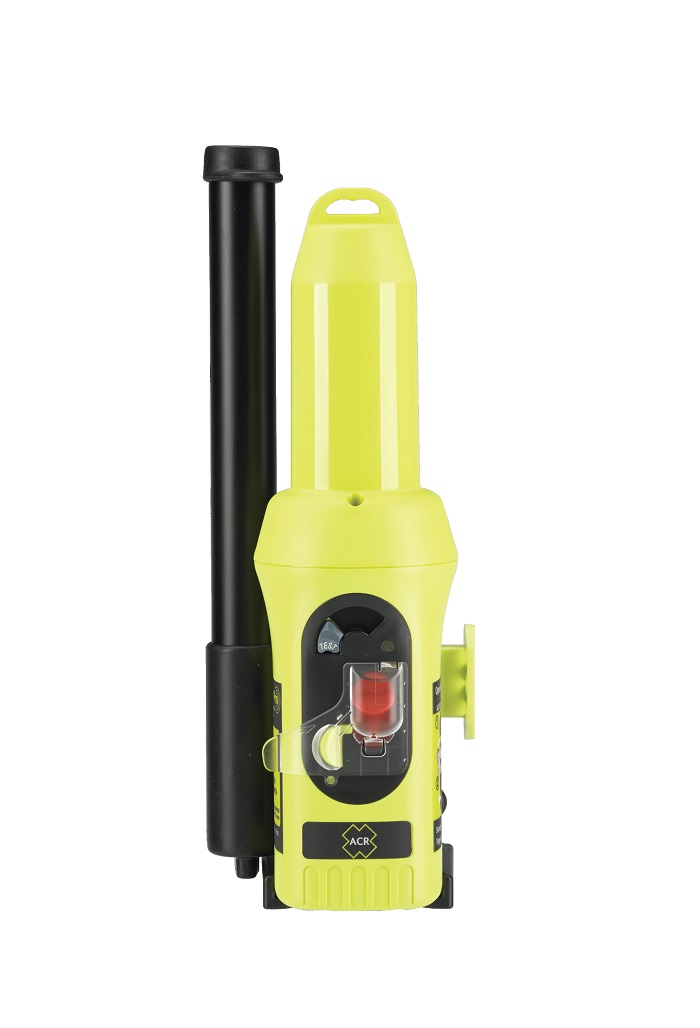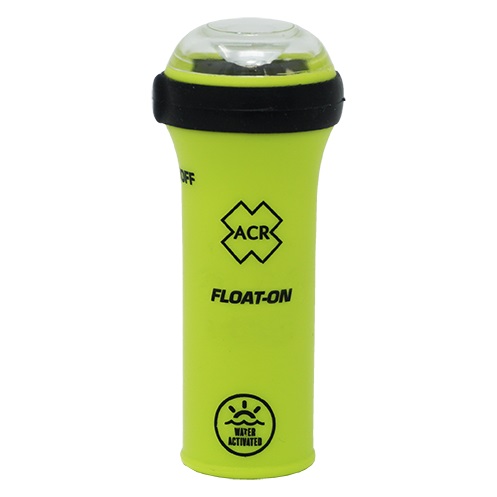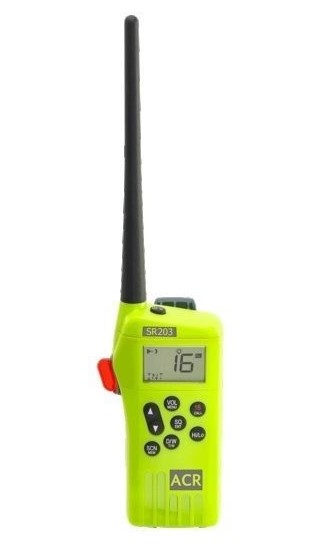Essential Tips for Maintaining Your Boat’s Lower Unit
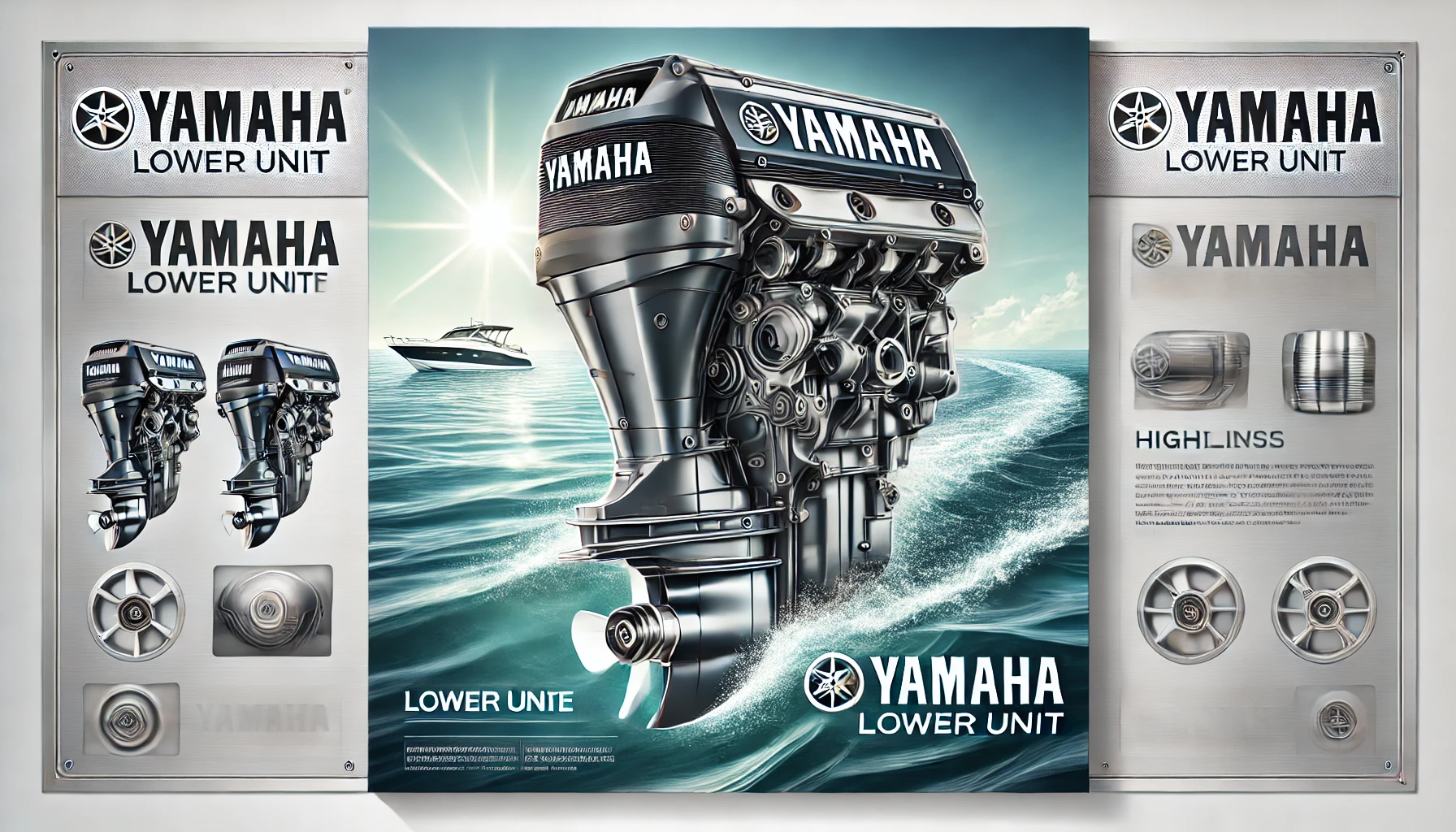
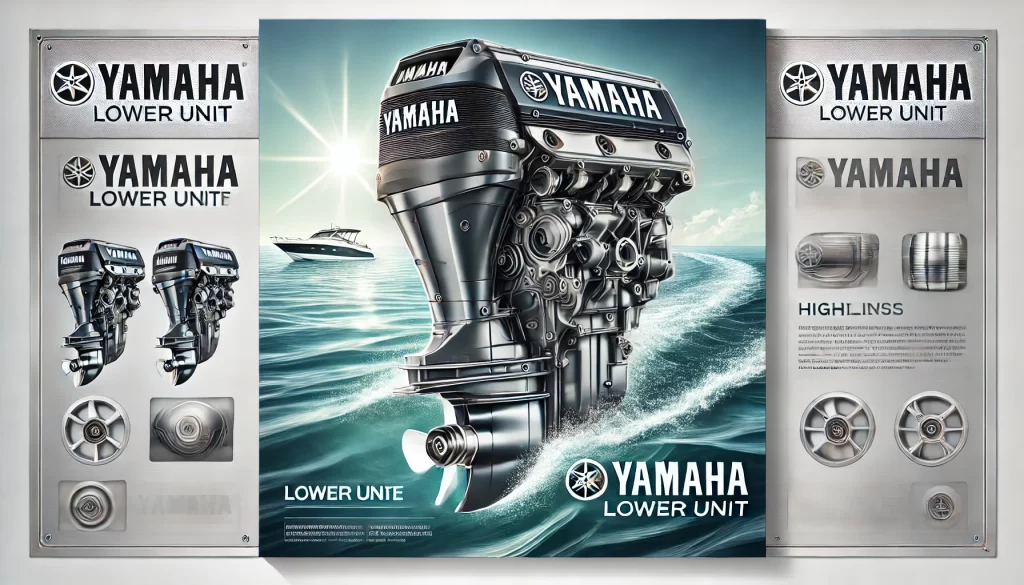
For expert advice and high-quality lower units designed to withstand water pressure, visit AllBoatSupplies.com and find the perfect solution for your boat today!
The lower unit is one of the most critical components of your boat’s engine system, transferring power to the propeller and ensuring seamless operation. Regular maintenance not only improves performance but also prevents costly repairs and unexpected downtime.
In this guide, we’ll discuss five essential tips to care for your boat’s lower unit, ensuring longevity and optimal performance.
Why Lower Unit Maintenance Matters
Proper care of your lower unit is crucial for several reasons:
- Prevents water intrusion and corrosion that can lead to expensive repairs.
- Enhances fuel efficiency and engine performance.
- Avoids complete engine failure and ensures a smooth, reliable ride.
Neglecting this component can result in downtime, hefty repair bills, and a compromised boating experience.
Tip 1: Inspect for Damage Regularly
Conducting regular inspections is key to early damage detection.
Signs to Look For:
- Cracks or dents: Result from hitting submerged objects.
- Leaking oil: Milky oil signals water intrusion.
- Propeller damage: Chips or bends may strain the lower unit.
Quick Fixes:
- Remove marine growth with a soft brush.
- Apply waterproof grease to moving parts to protect them from corrosion.
Pro Tip: Schedule a professional inspection annually to detect hidden issues.
Tip 2: Change Lower Unit Oil Regularly
Changing the oil ensures smooth operation and prevents internal damage.
When to Change Oil:
- At least once per season or after every 100 operational hours.
- Immediately if the oil appears milky, which indicates water contamination.
How to Change Lower Unit Oil:
- Gather tools such as marine gear oil, an oil pump, and replacement seals.
- Drain oil by removing the drain plug.
- Inspect the oil for metal shavings, which suggest internal wear.
- Refill with new oil using a pump until it overflows from the vent hole.
Pro Tip: Replace the O-ring or gasket on the drain plug during each oil change to prevent leaks.
Tip 3: Protect Against Corrosion
Saltwater is one of the biggest threats to your lower unit, causing corrosion that reduces its lifespan.
Preventive Measures:
- Flush with fresh water after every use to remove salt and debris.
- Apply anti-corrosion spray to shield against saltwater exposure.
- Check sacrificial anodes and replace them regularly to protect metal parts.
Pro Tip: Inspect anodes monthly if you frequently boat in saltwater.
Tip 4: Check and Replace the Propeller
The propeller’s condition directly impacts your lower unit’s performance.
Steps to Inspect the Propeller:
- Remove the propeller using a wrench.
- Examine the blades and hub for damage.
- Clean the shaft and apply waterproof grease before reinstalling.
When to Replace the Propeller:
- Significant blade damage or warping.
- A damaged hub that causes vibrations during operation.
Pro Tip: Keep a spare propeller on board to avoid interruptions.
Tip 5: Avoid Underwater Hazards
Preventive measures are essential to minimize damage risks.
Safety Tips:
- Use a depth finder to avoid shallow areas and submerged obstacles.
- Install a propeller guard to reduce the impact of debris.
- Navigate unfamiliar waters at slow speeds to prevent collisions.
Pro Tip: Lift your outboard motor in shallow waters to reduce damage risk.
Signs Your Lower Unit Needs Repairs
Watch for these warning signs that indicate the need for immediate attention:
- Unusual noises like grinding or clunking, signaling internal damage.
- Vibrations caused by a bent shaft or damaged propeller hub.
- Gear shifting problems, which may stem from worn gears or low oil levels.
Consult a marine mechanic promptly if these issues arise.
Long-Term Care Tips
- Winterization: Drain all water from the lower unit during off-season storage to prevent freezing damage.
- Routine Service: Follow the manufacturer’s recommended maintenance schedule.
- Maintenance Records: Keep track of repairs and maintenance for better management.
- Protective Cover: Use a cover to reduce exposure to UV rays and dirt.
Pro Tip: Annual professional servicing ensures optimal performance and longevity.
Common Myths About Lower Units
- Myth: Lower units don’t need regular maintenance.
Fact: Neglect results in poor performance and costly repairs. - Myth: Freshwater doesn’t cause corrosion.
Fact: Minerals in freshwater can still lead to scaling and corrosion. - Myth: Lower unit repairs are always expensive.
Fact: Preventive care and early intervention are cost-effective.
Conclusion
Maintaining your boat’s lower unit is a straightforward but vital task that ensures smooth operation, prevents costly breakdowns, and enhances your boating experience.
By following these essential tips—regular inspections, timely oil changes, corrosion prevention, propeller care, and hazard avoidance—you can maximize your boat engine’s longevity and enjoy worry-free adventures on the water.
Investing time in proper maintenance is far less expensive than dealing with unexpected repairs. Start caring for your lower unit today and enjoy the benefits for years to come!
